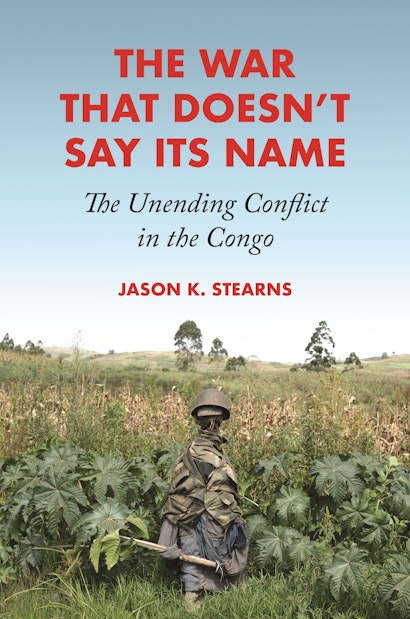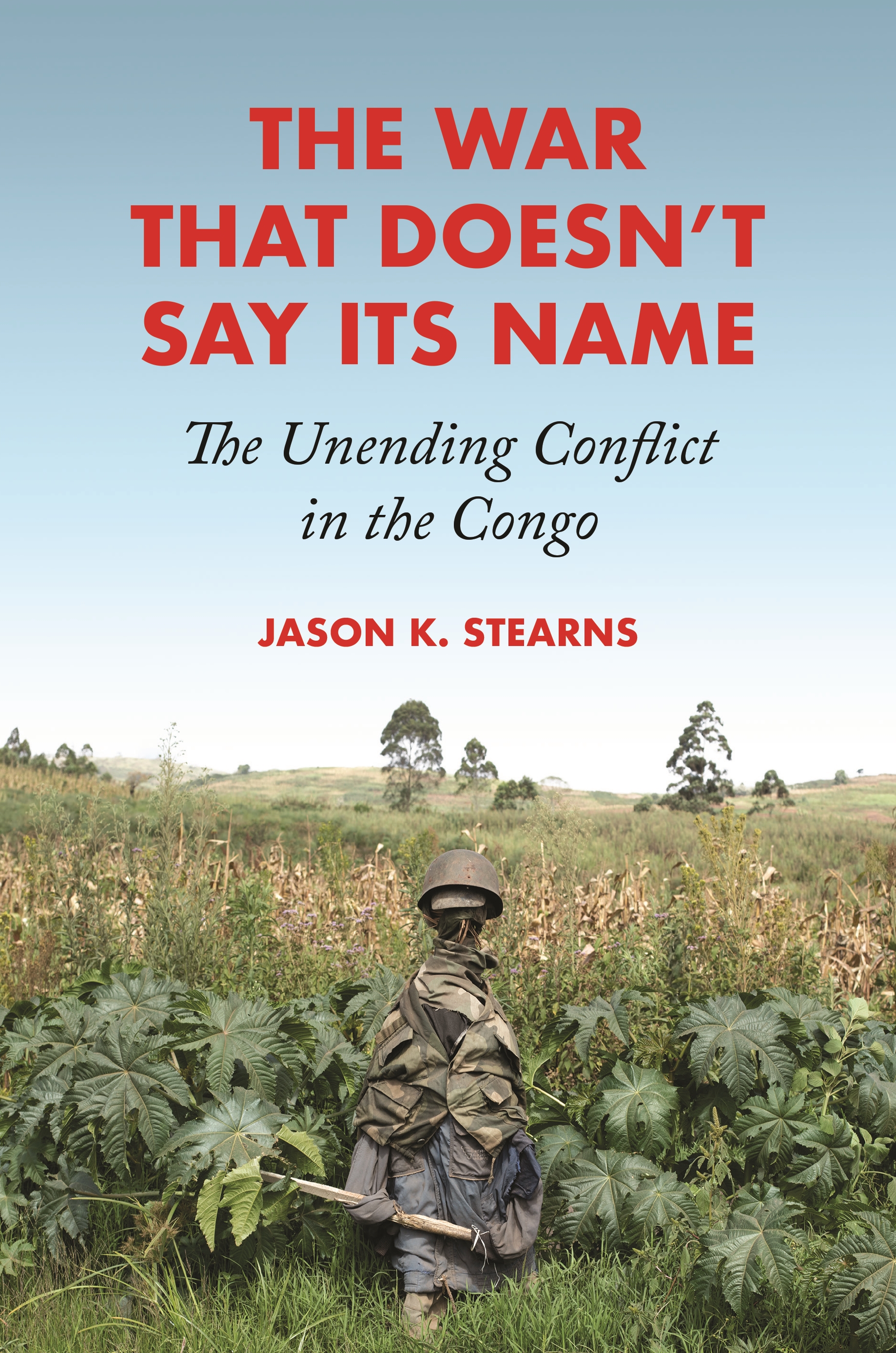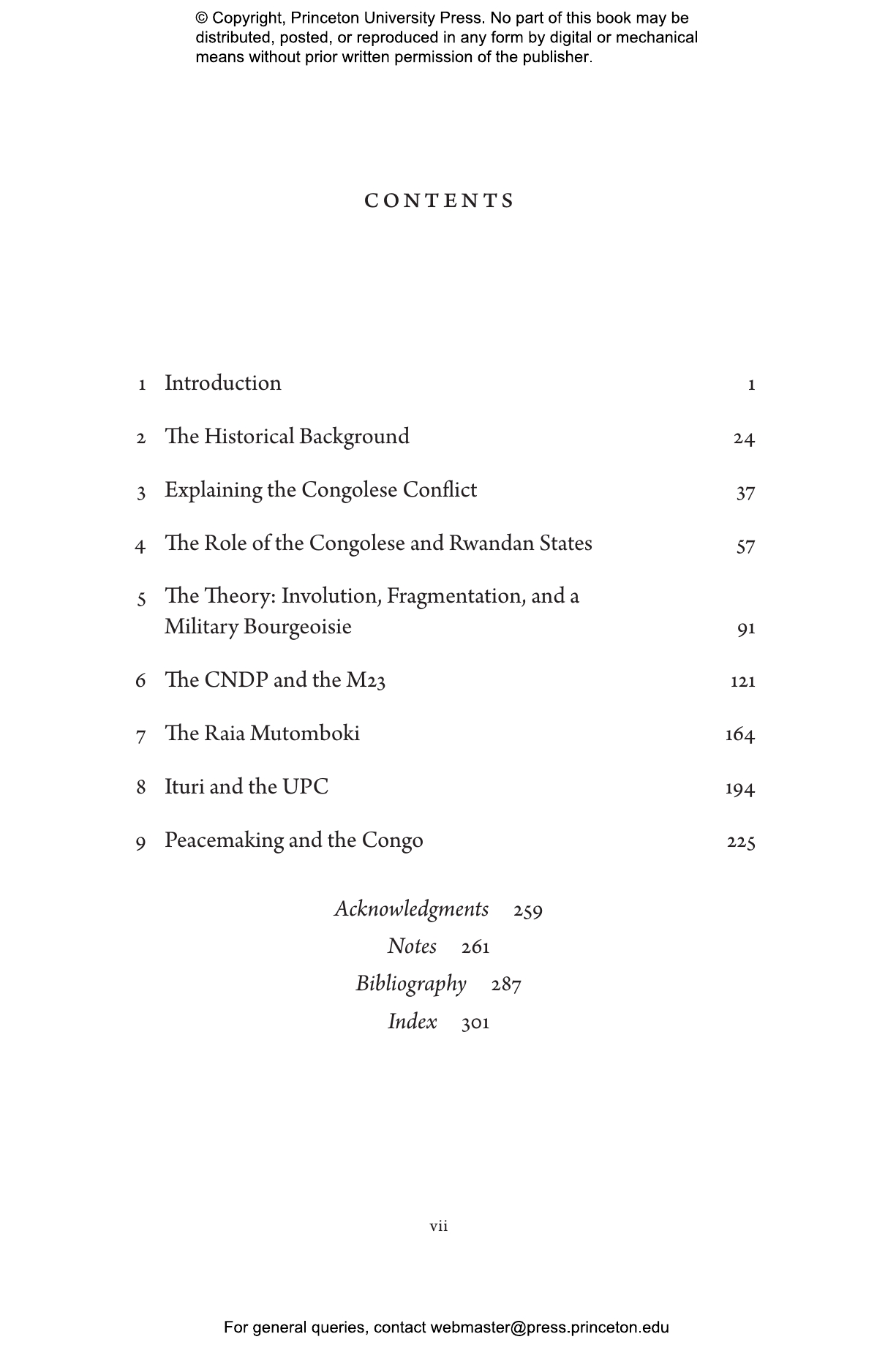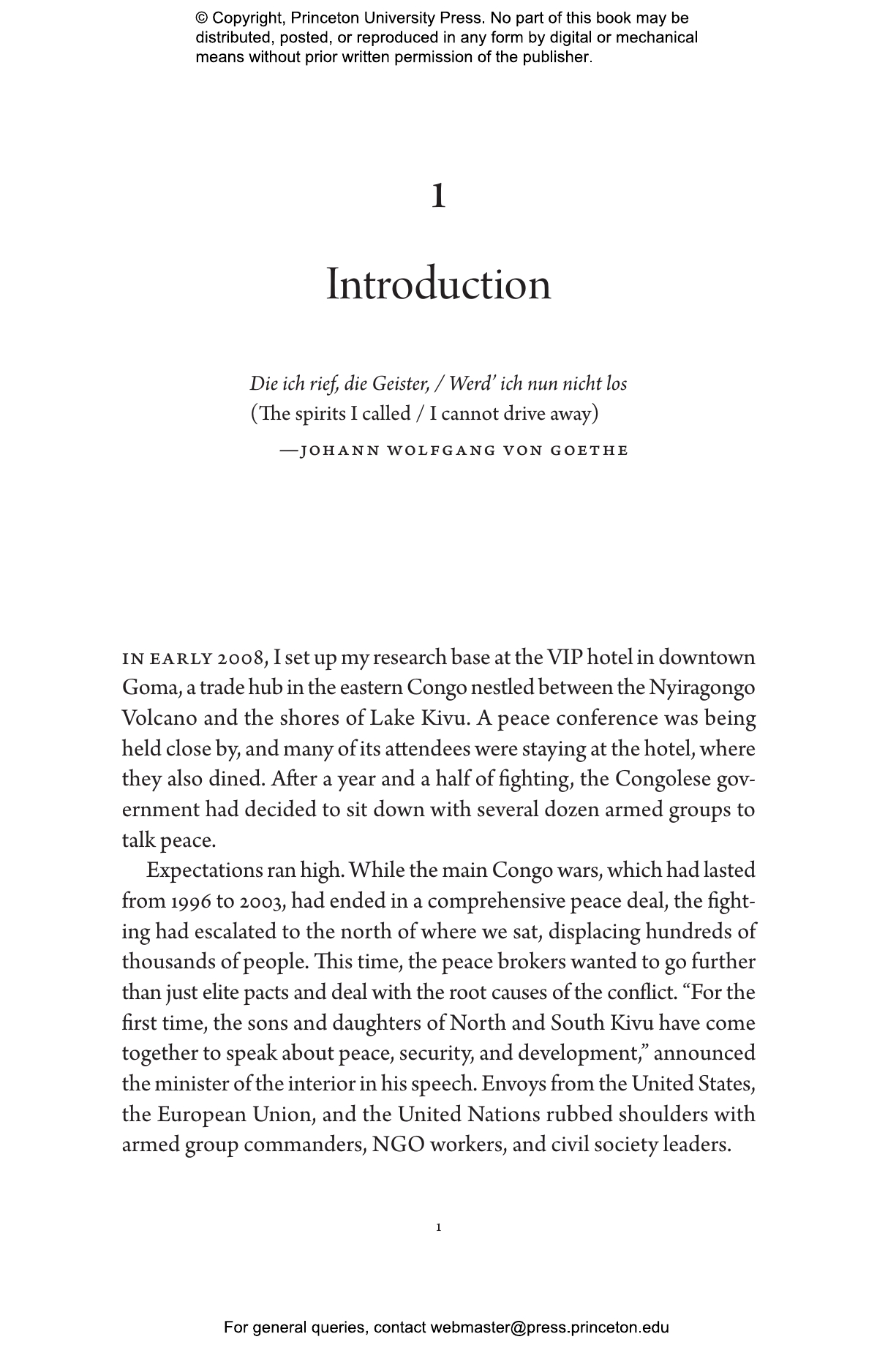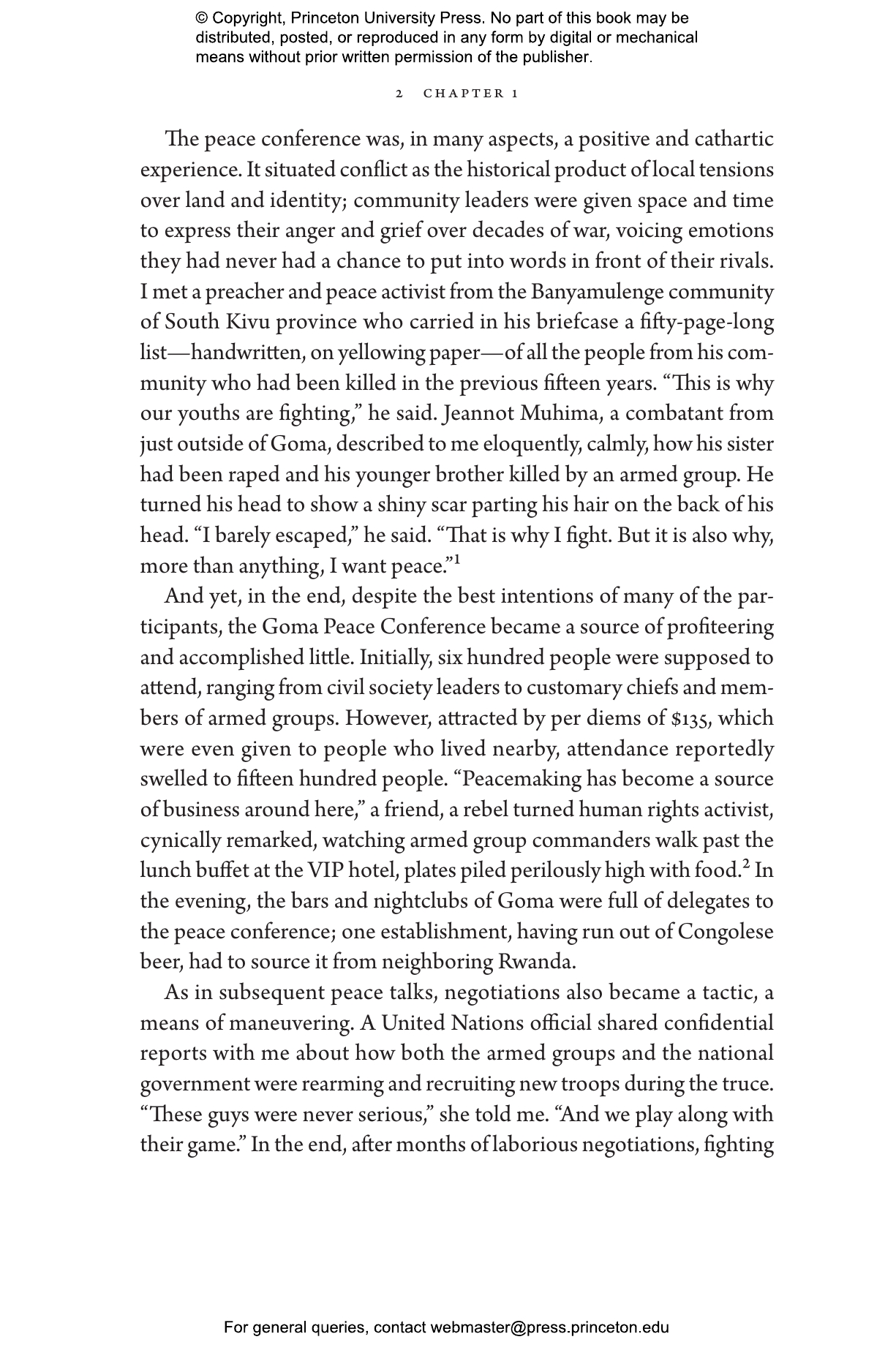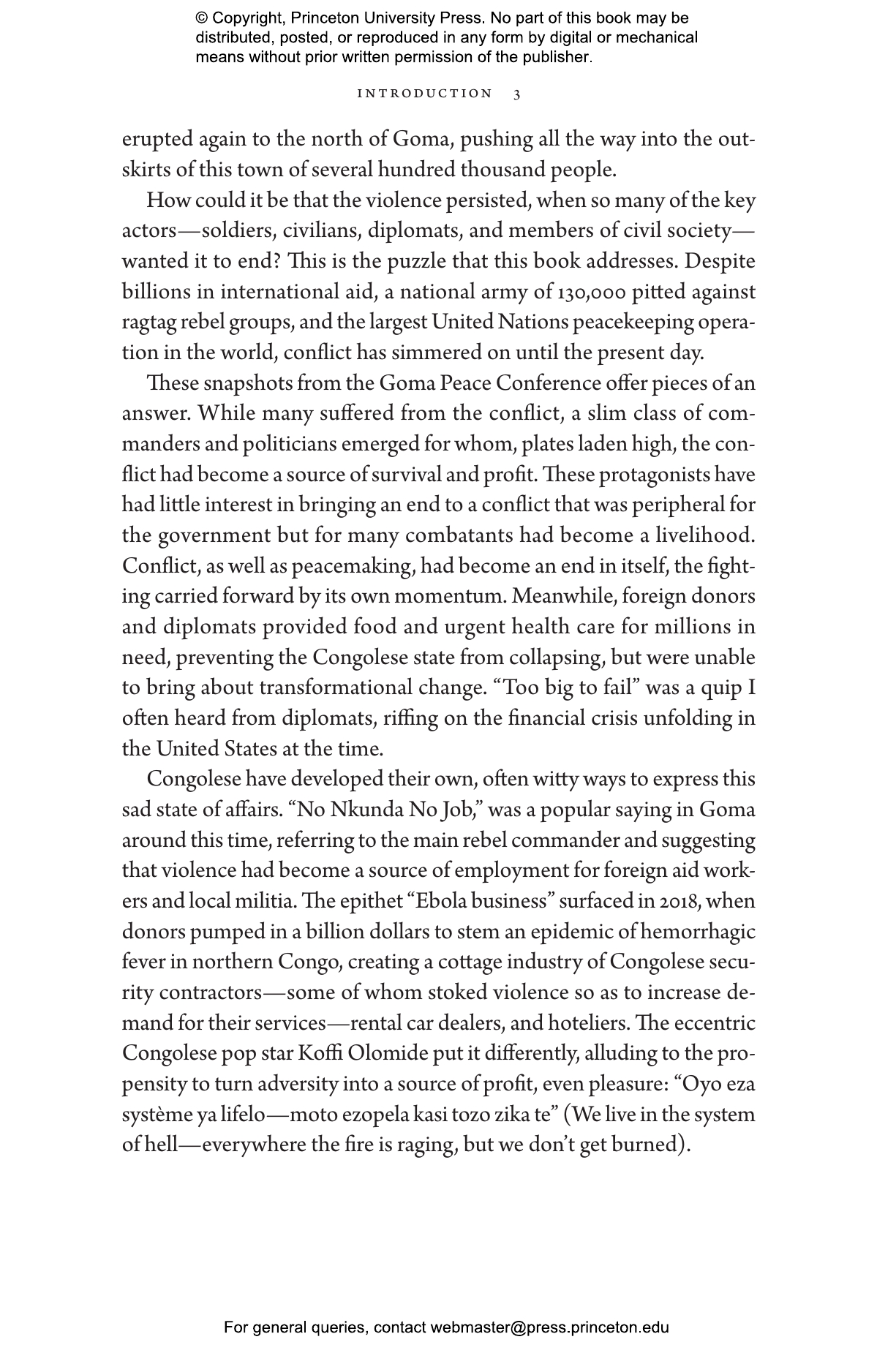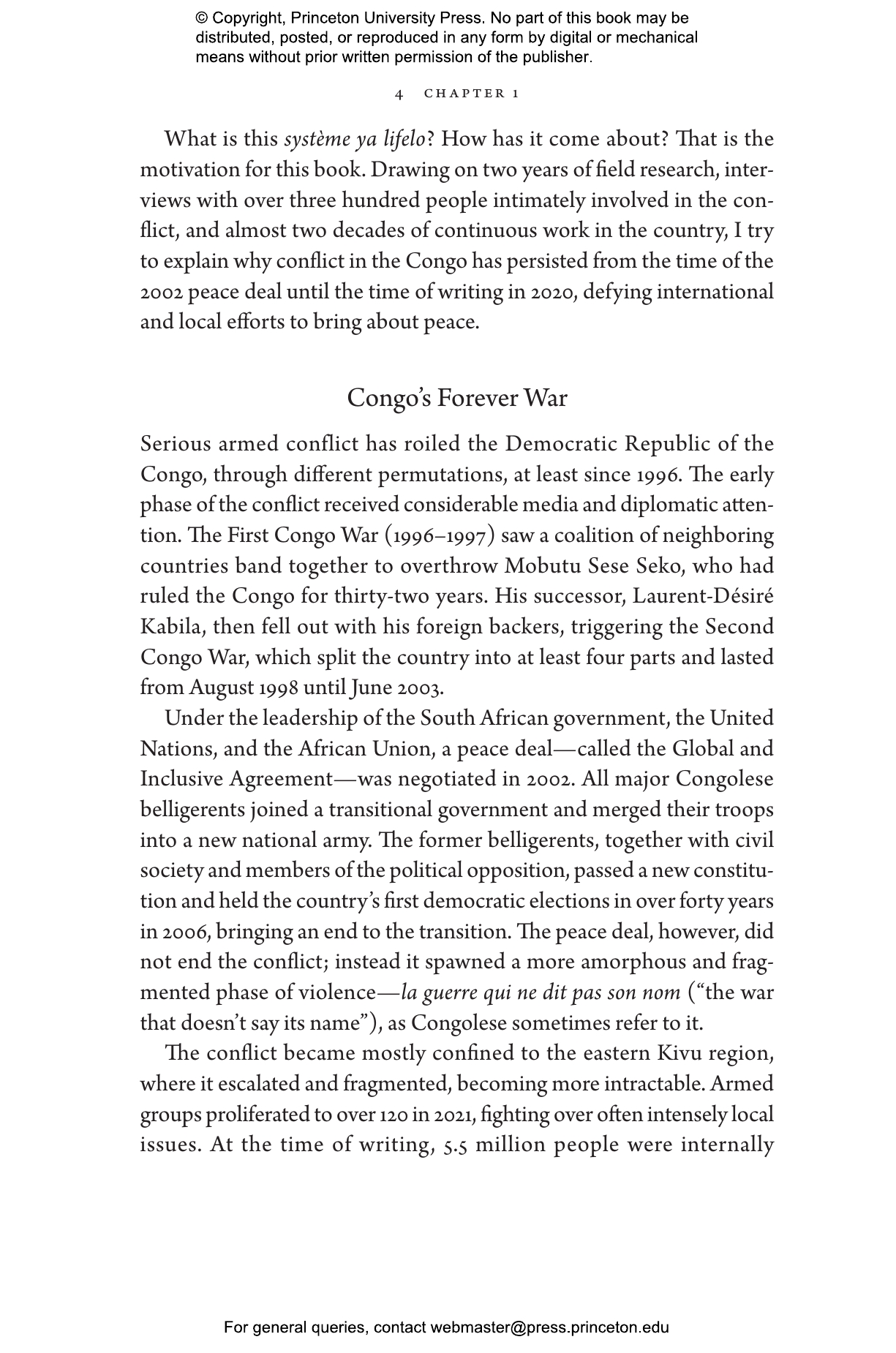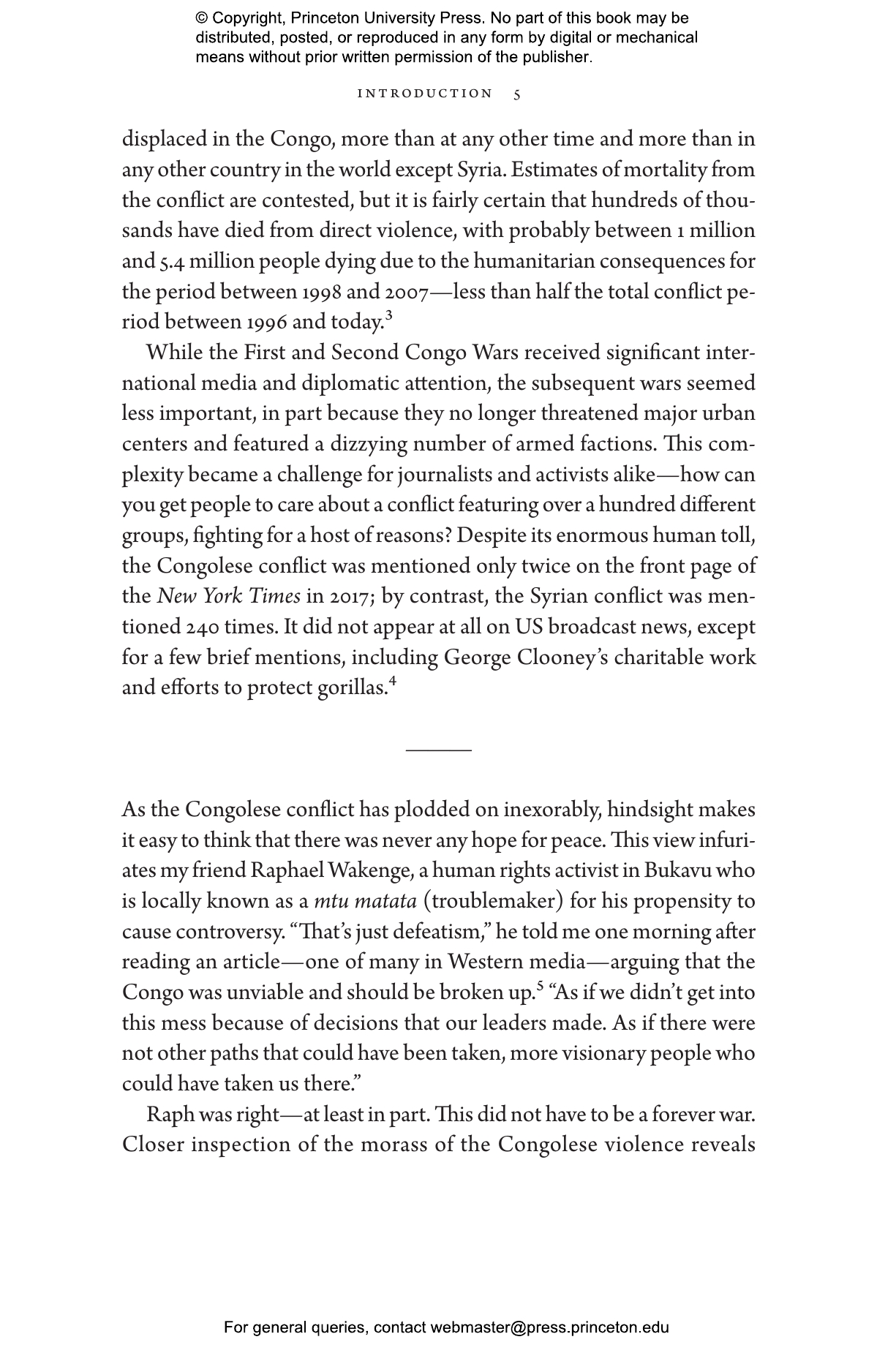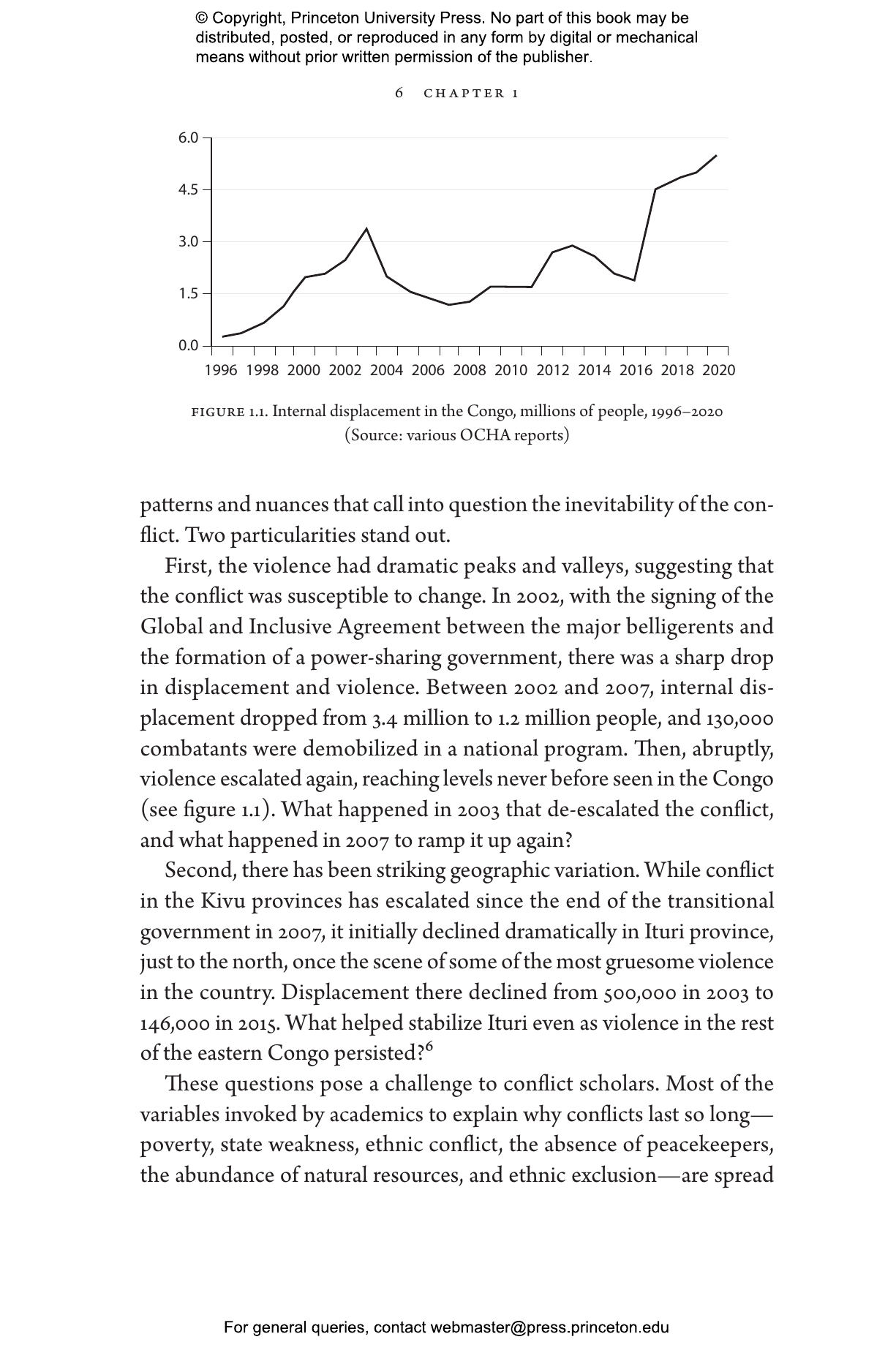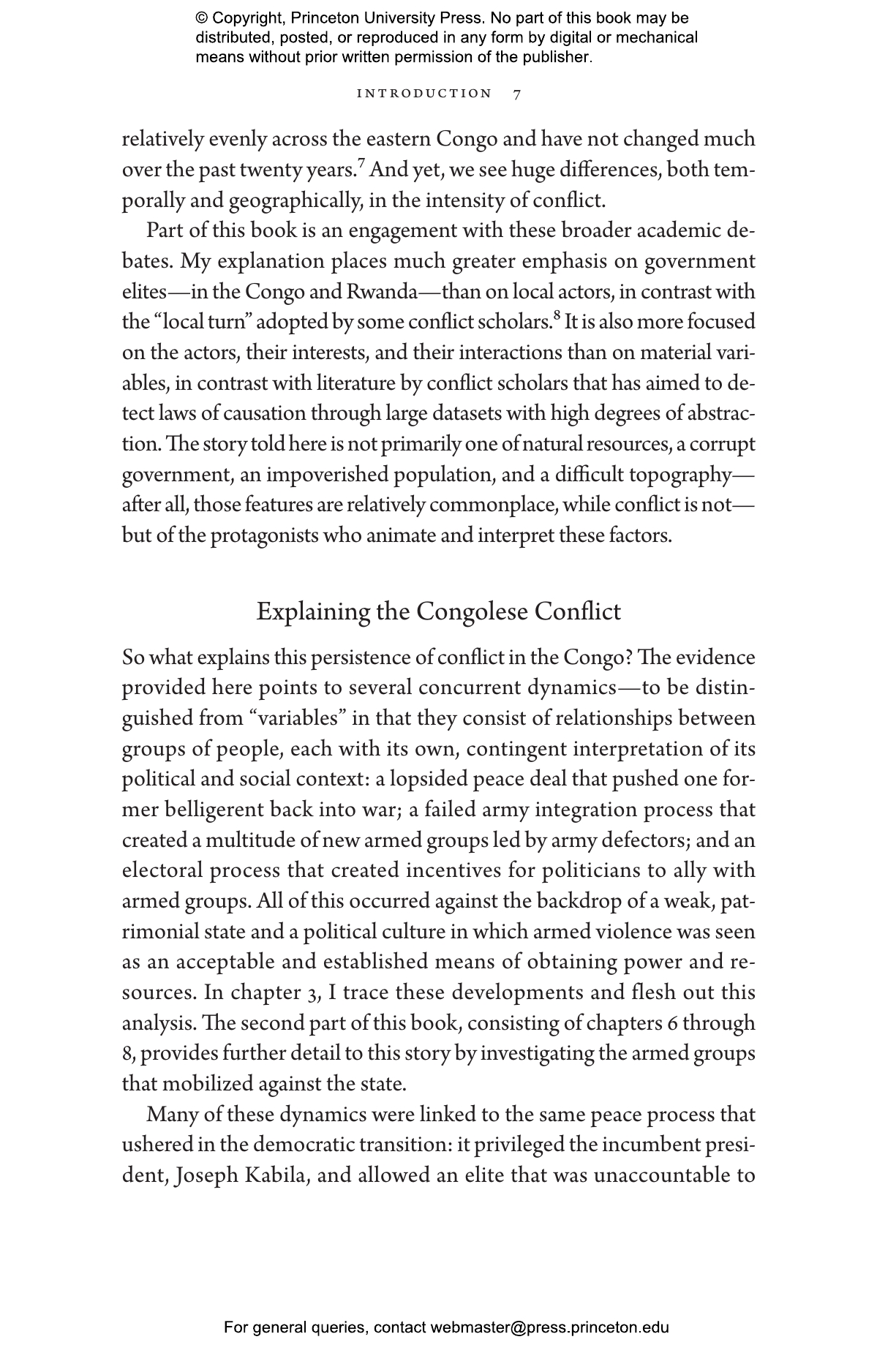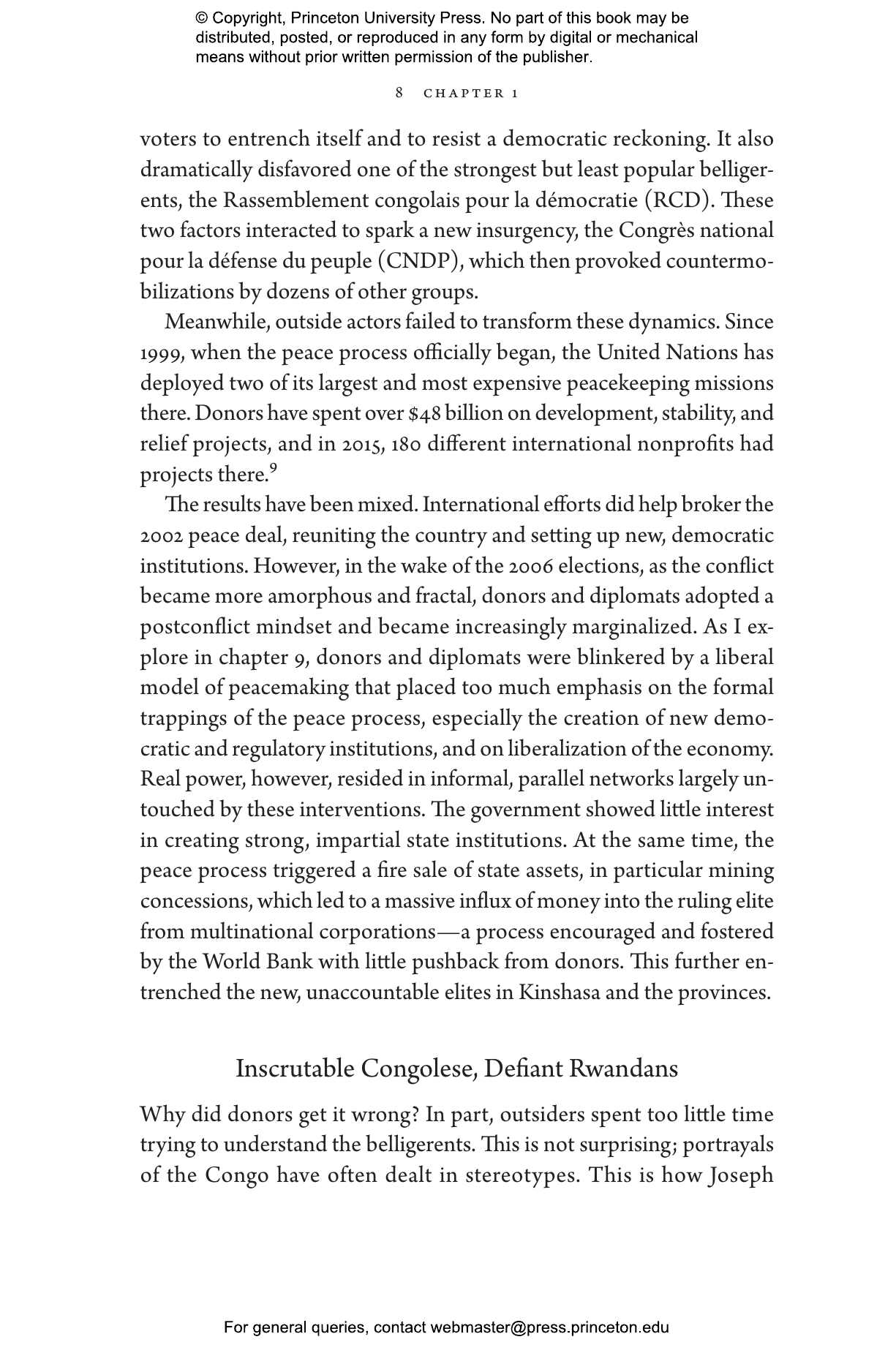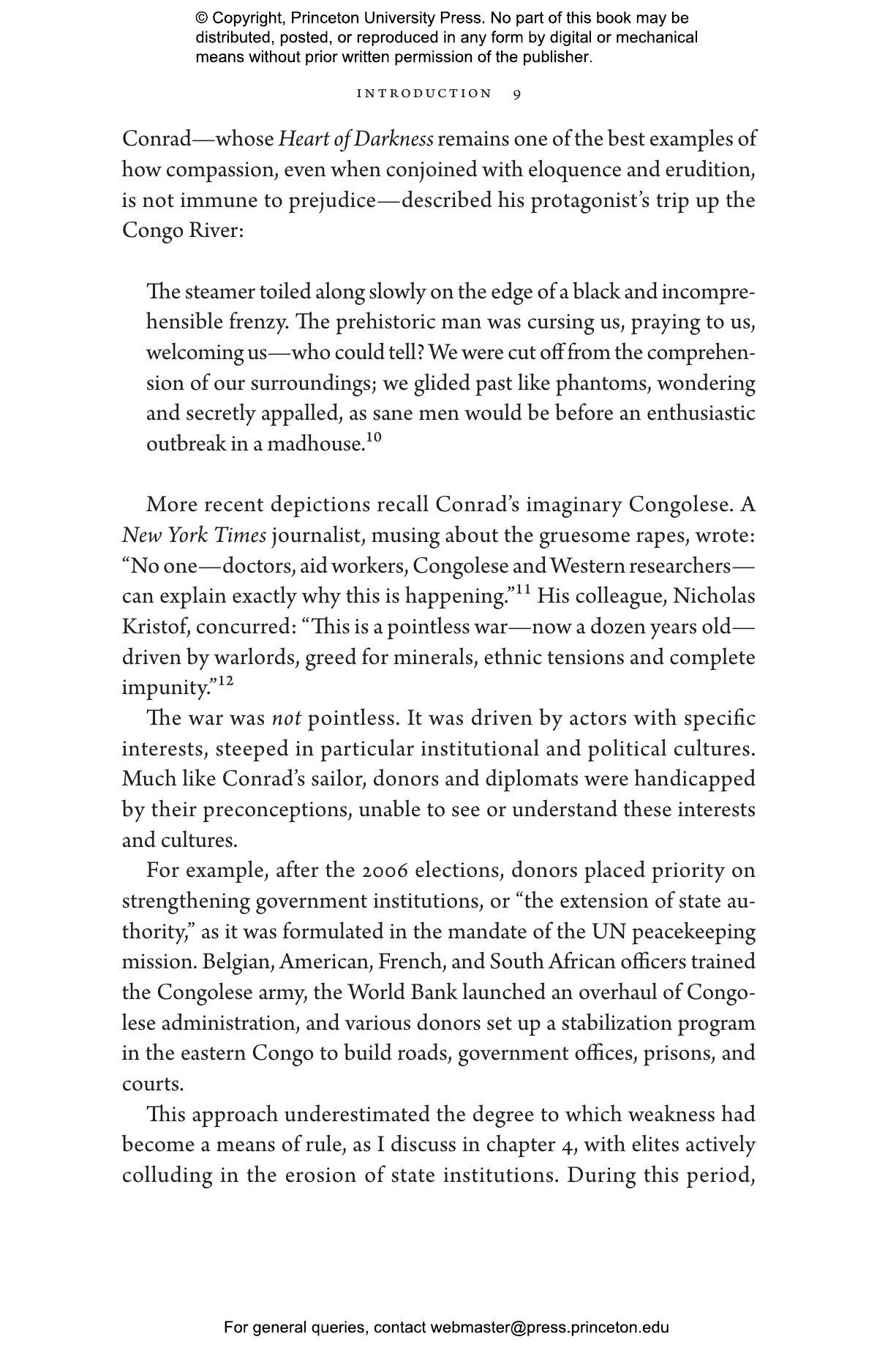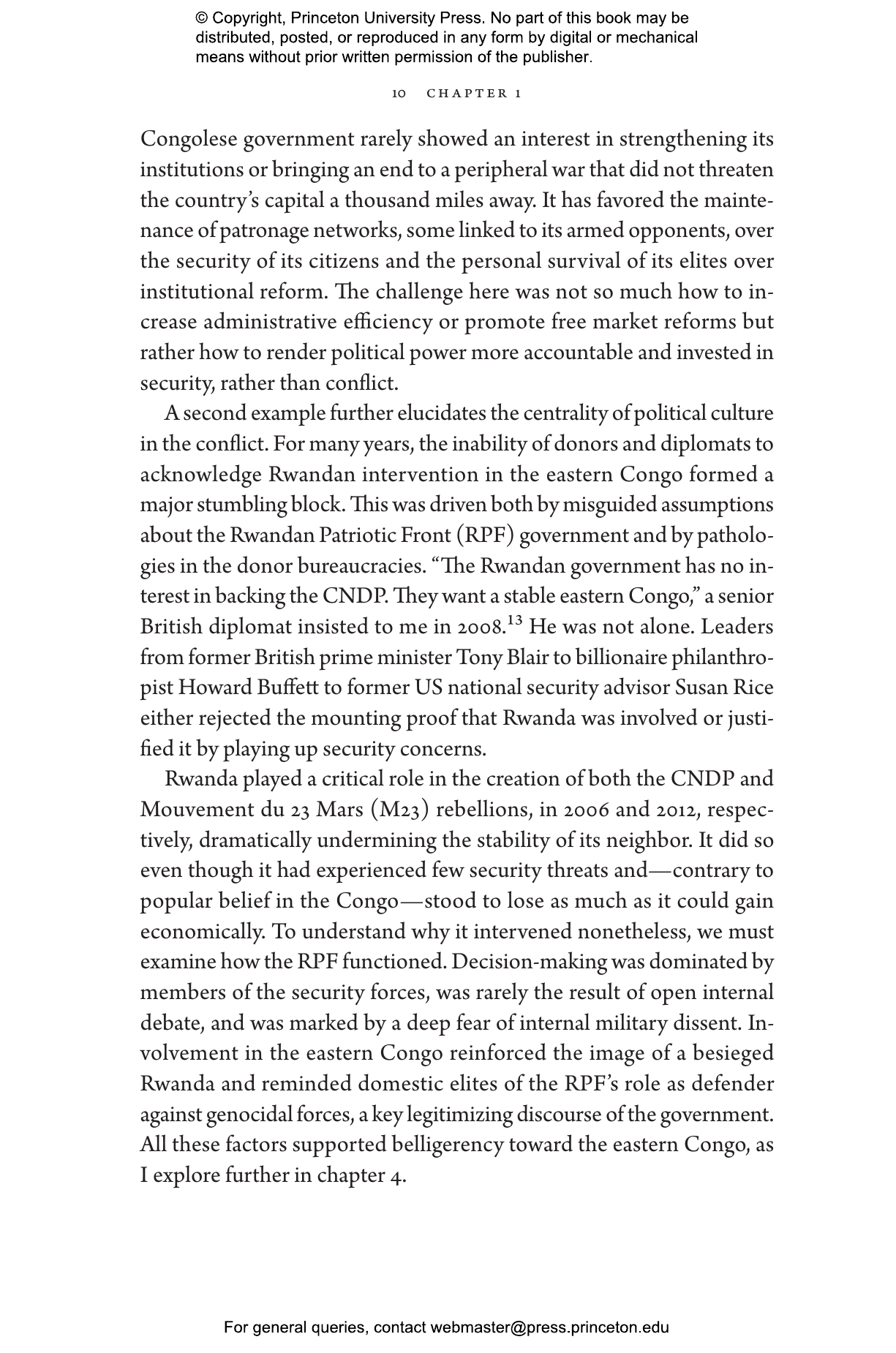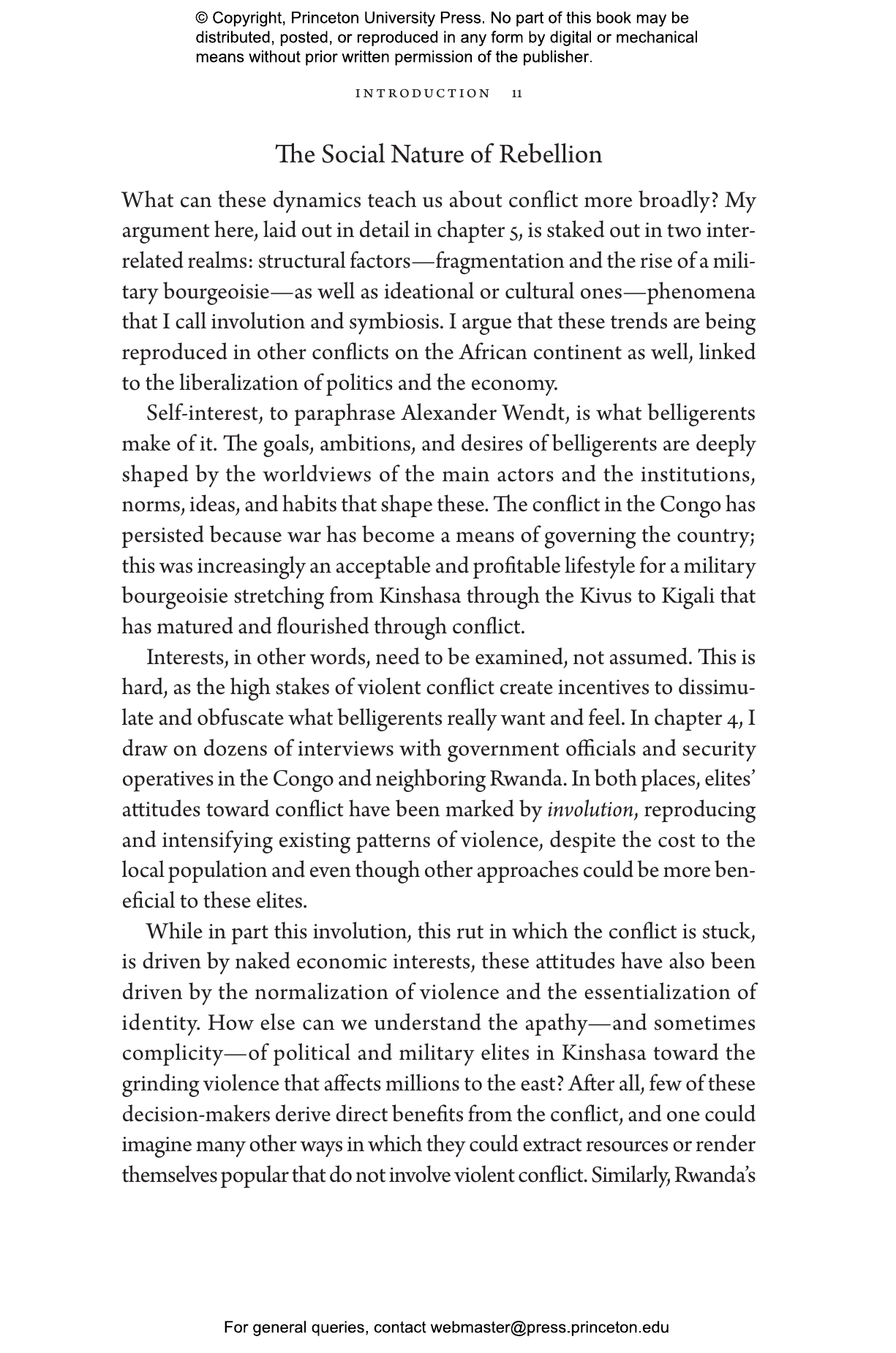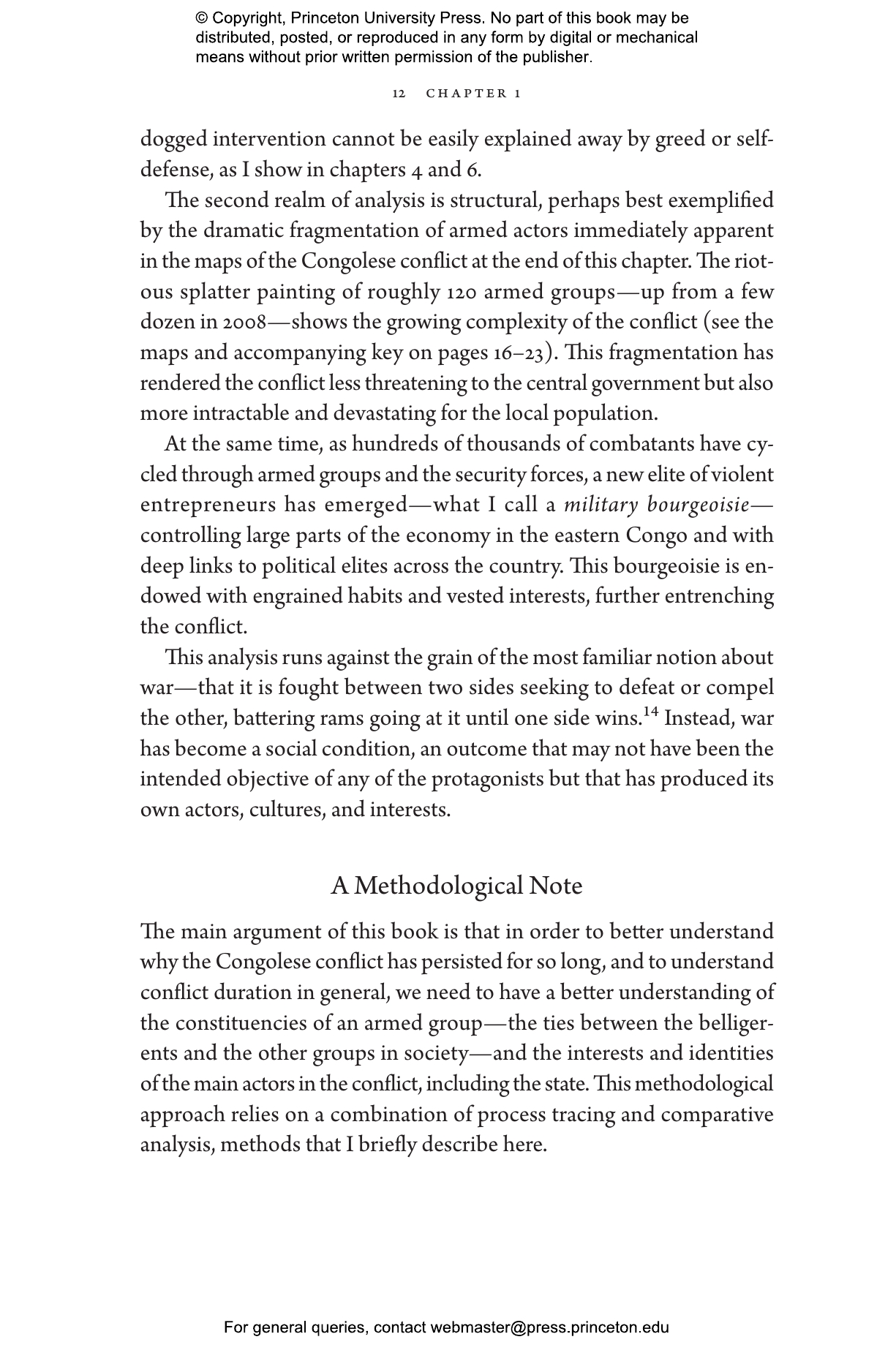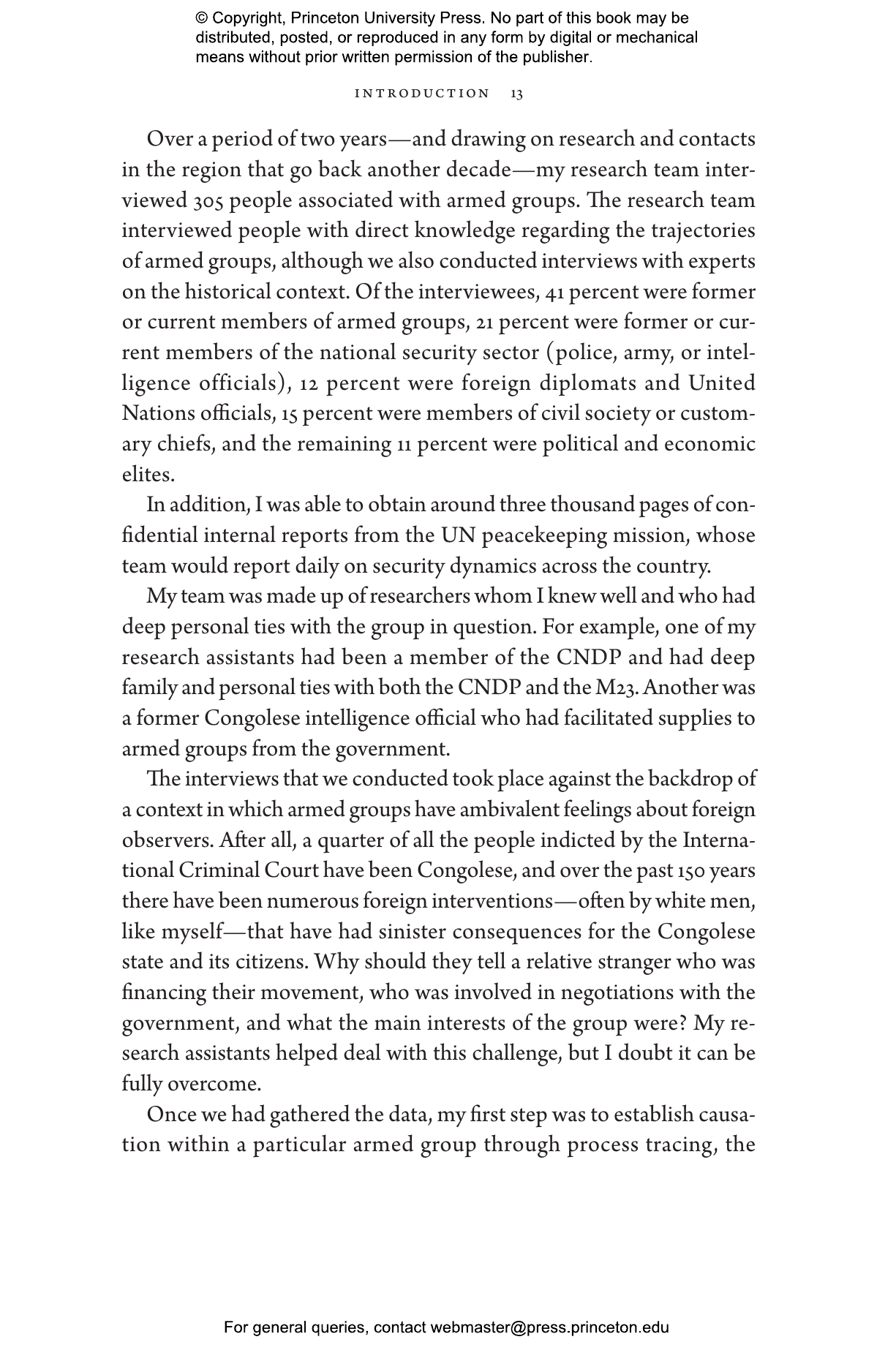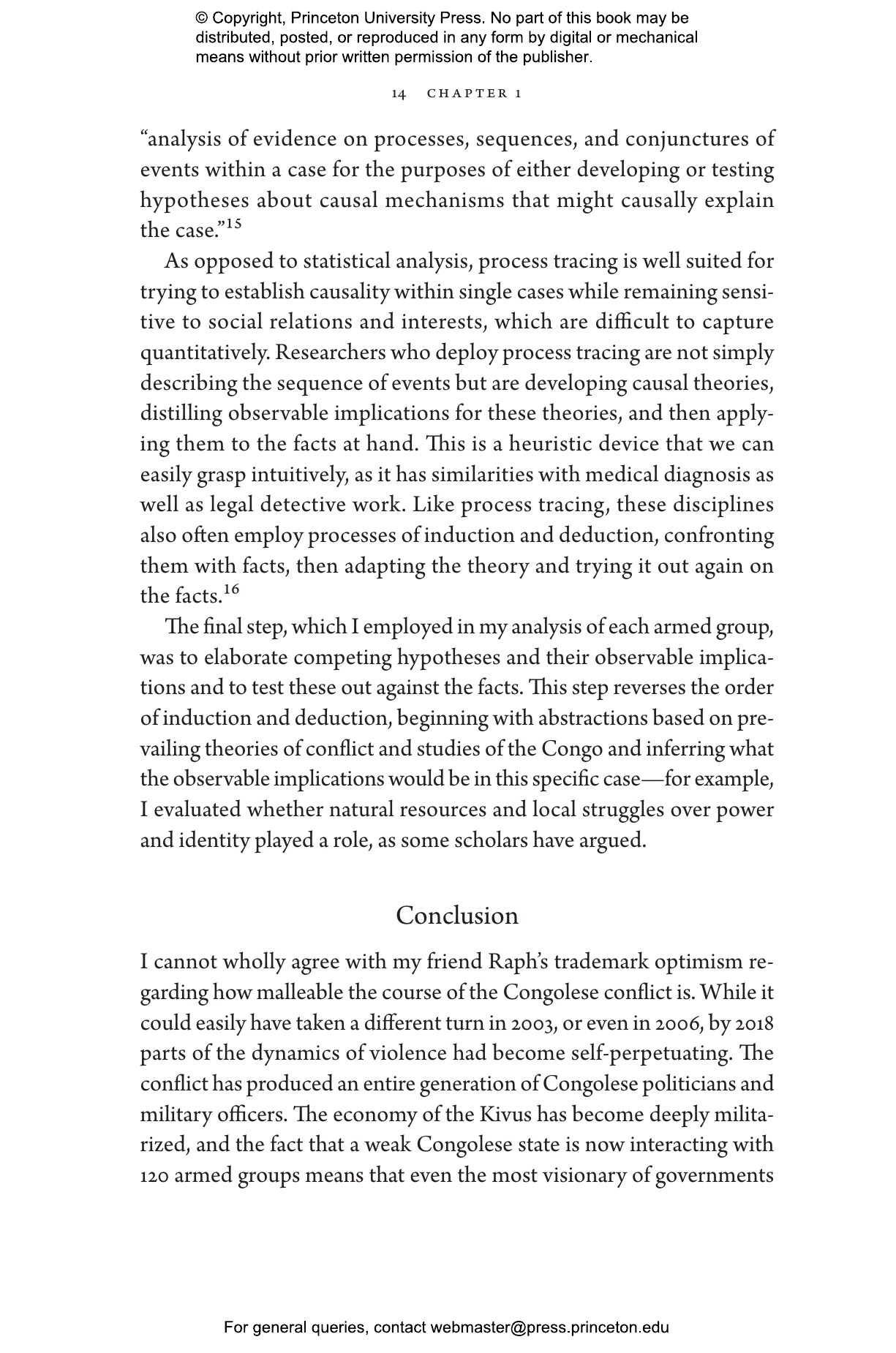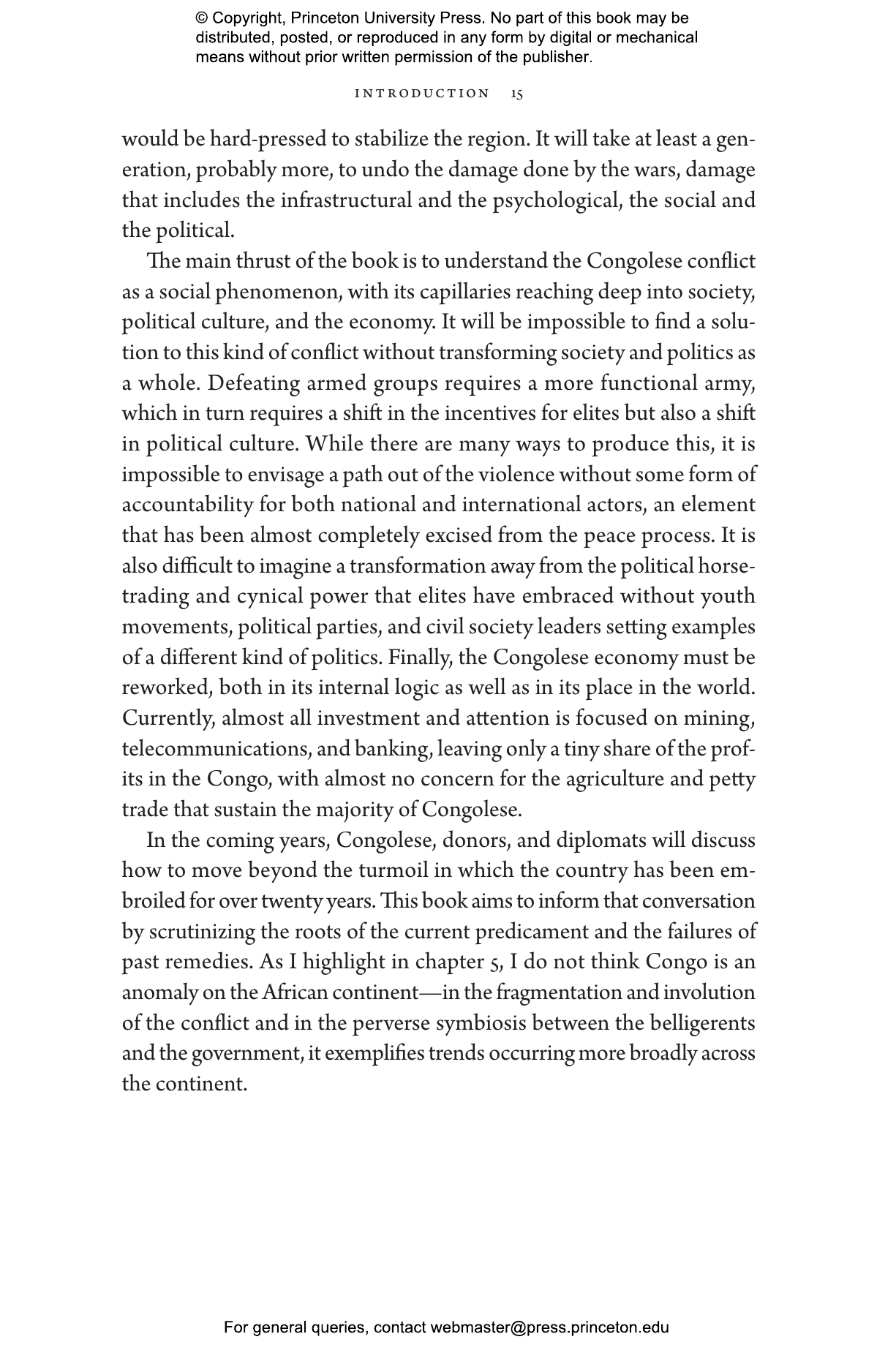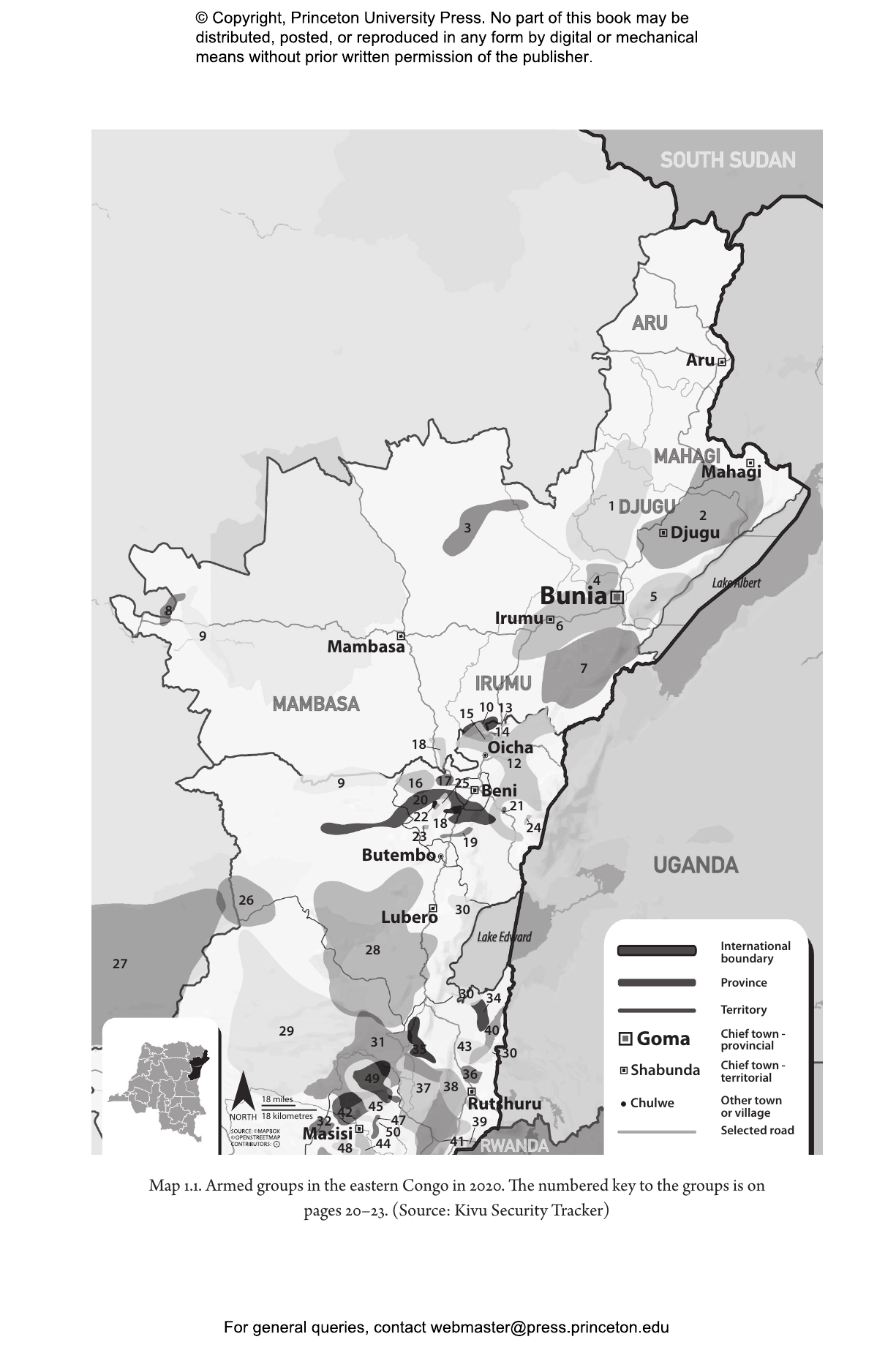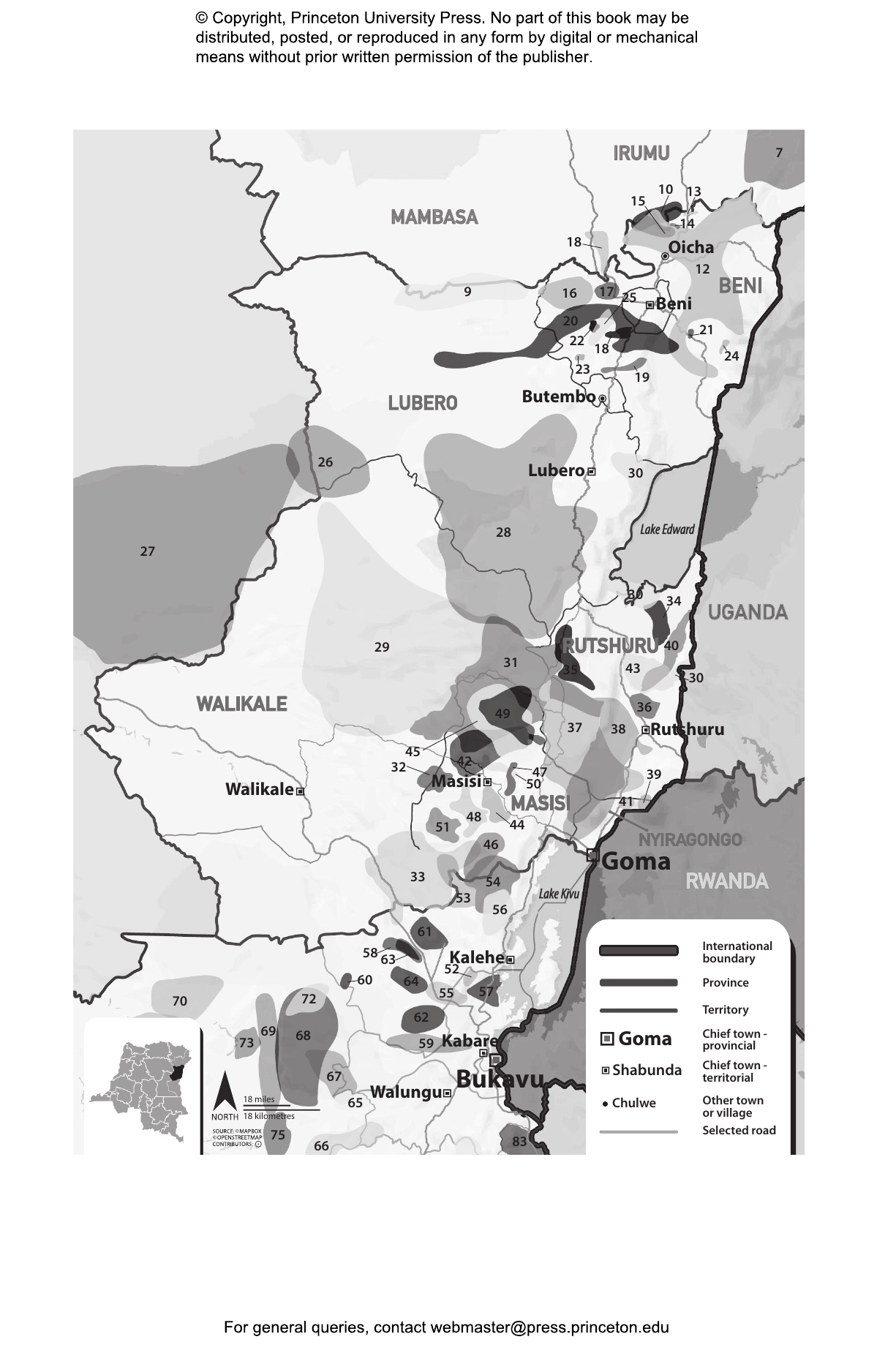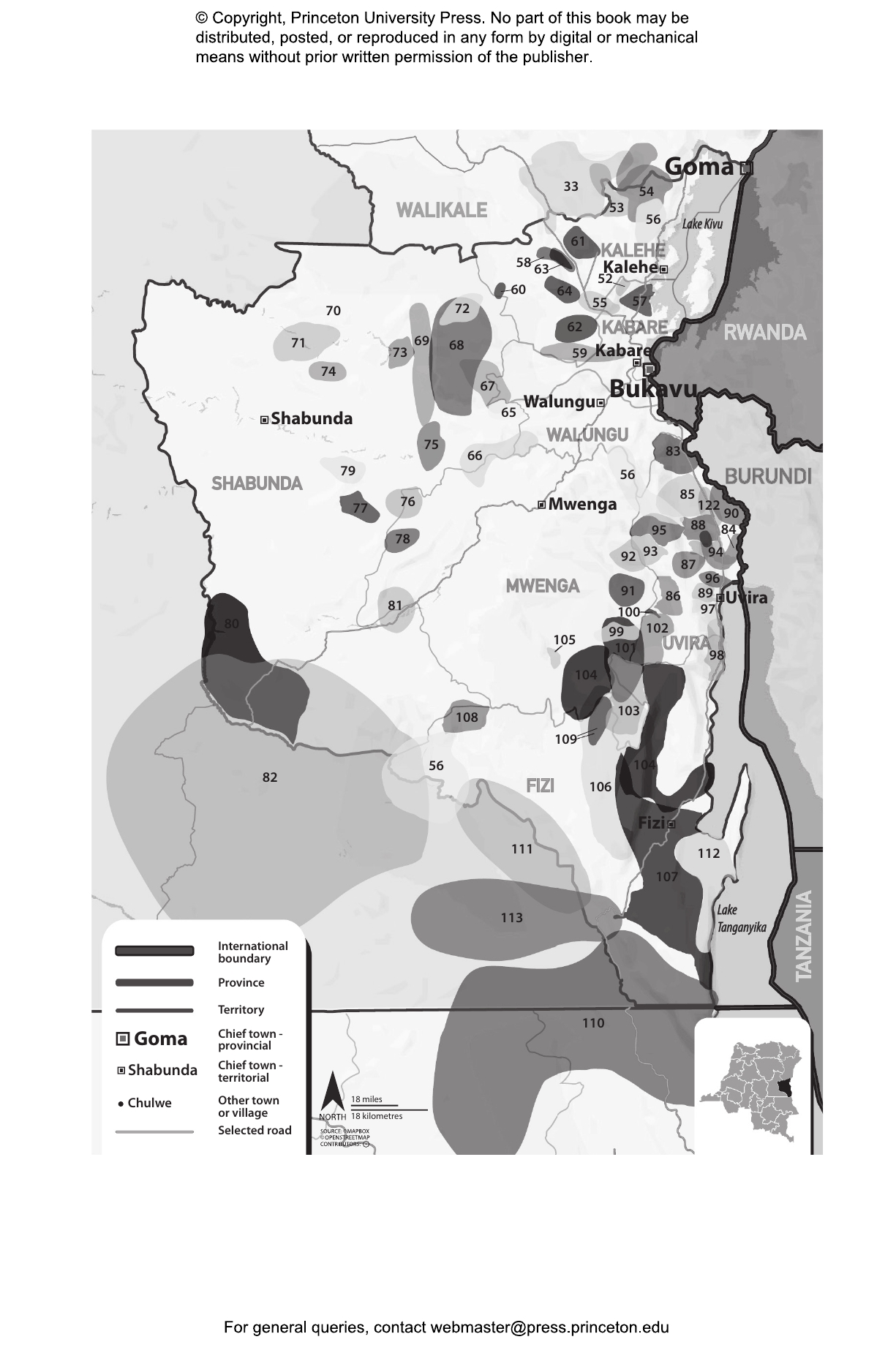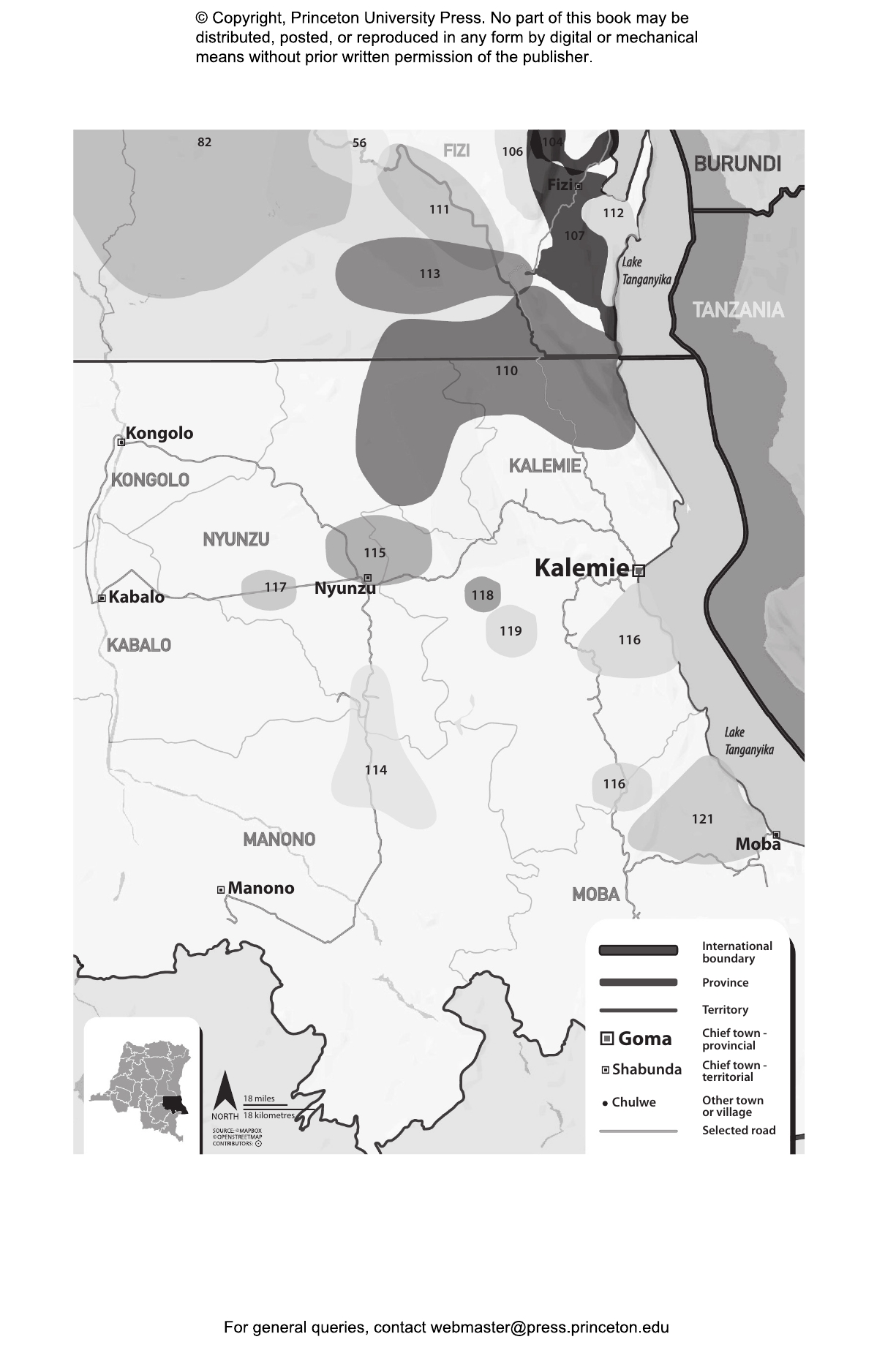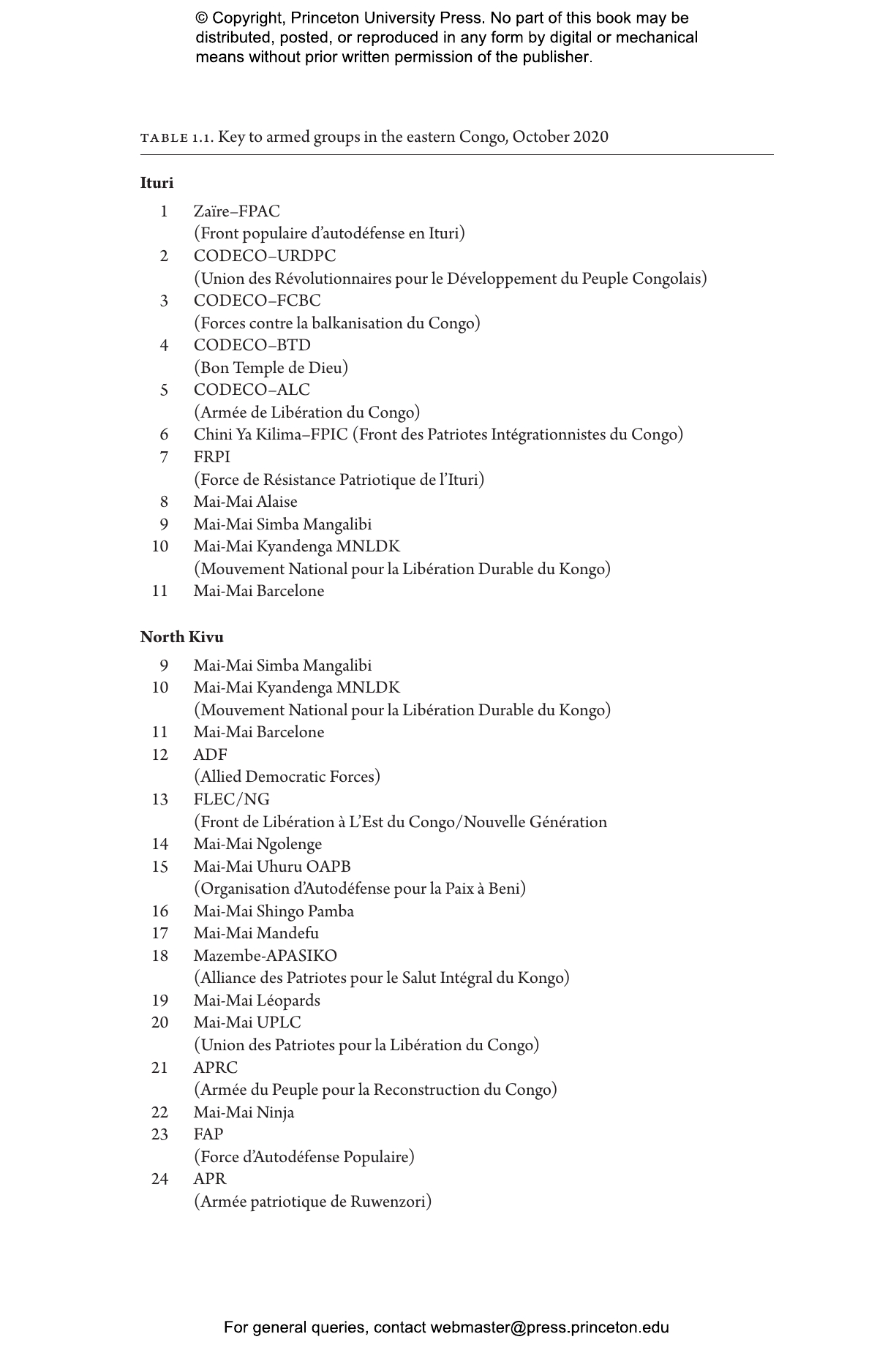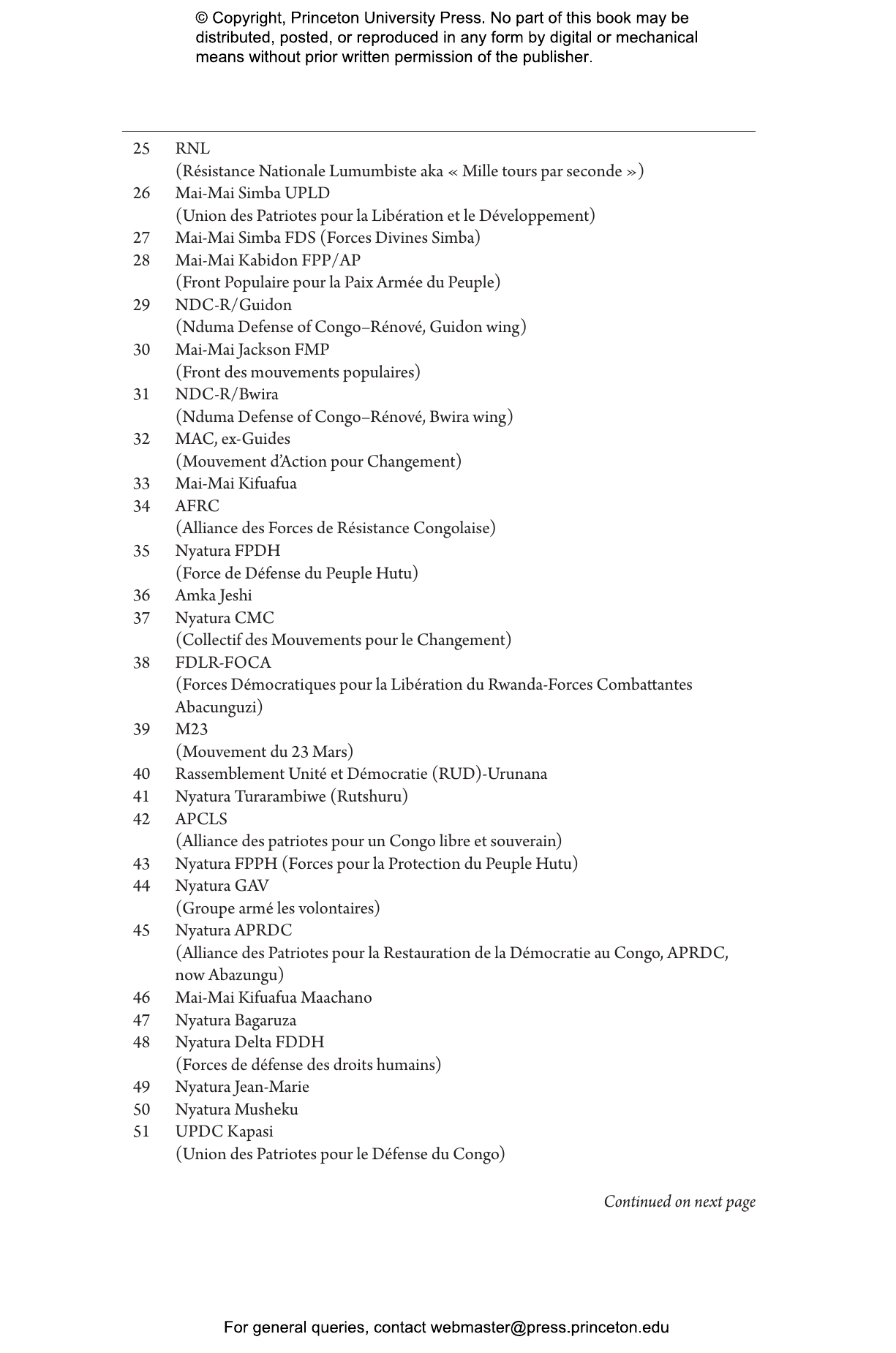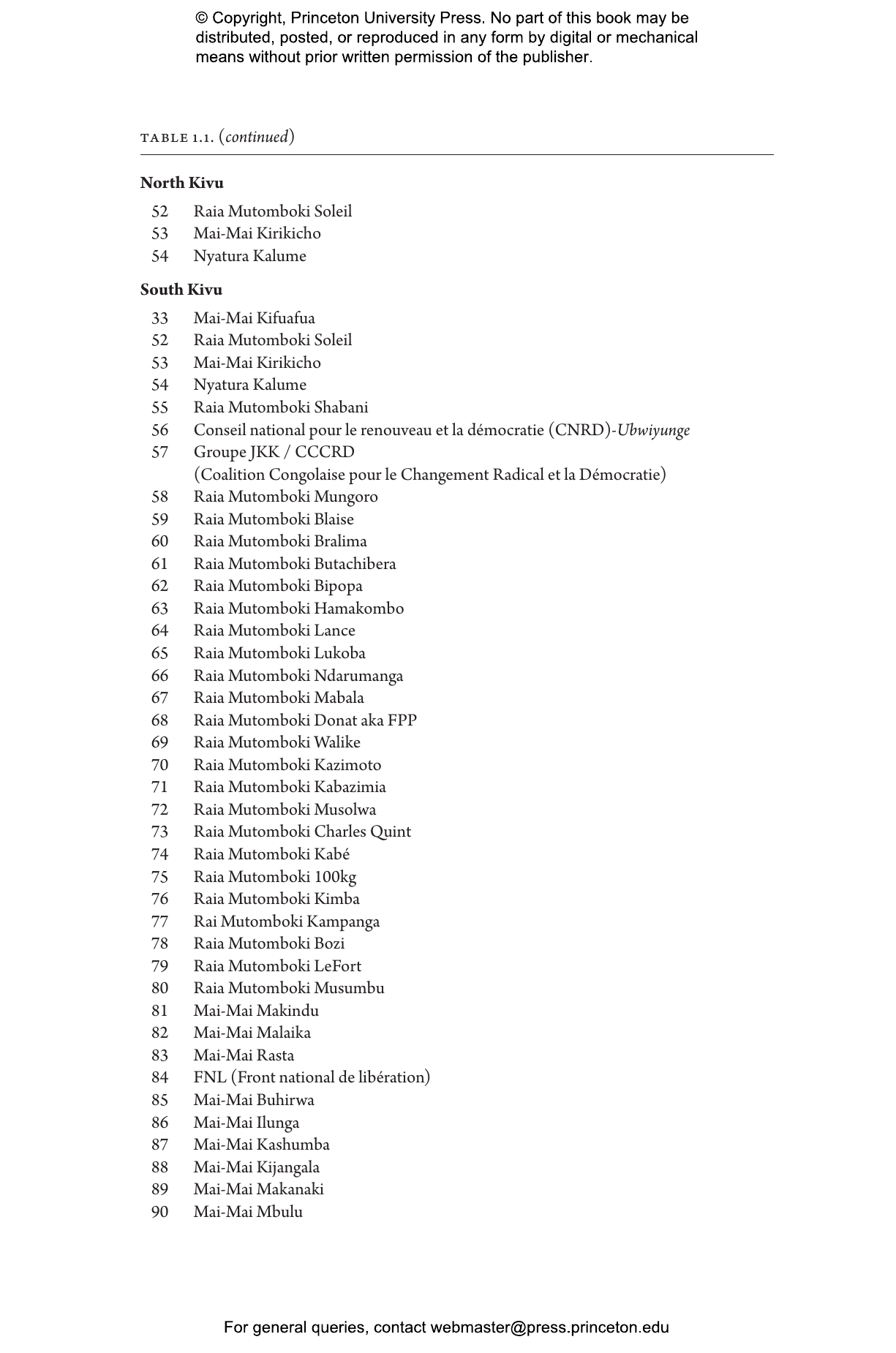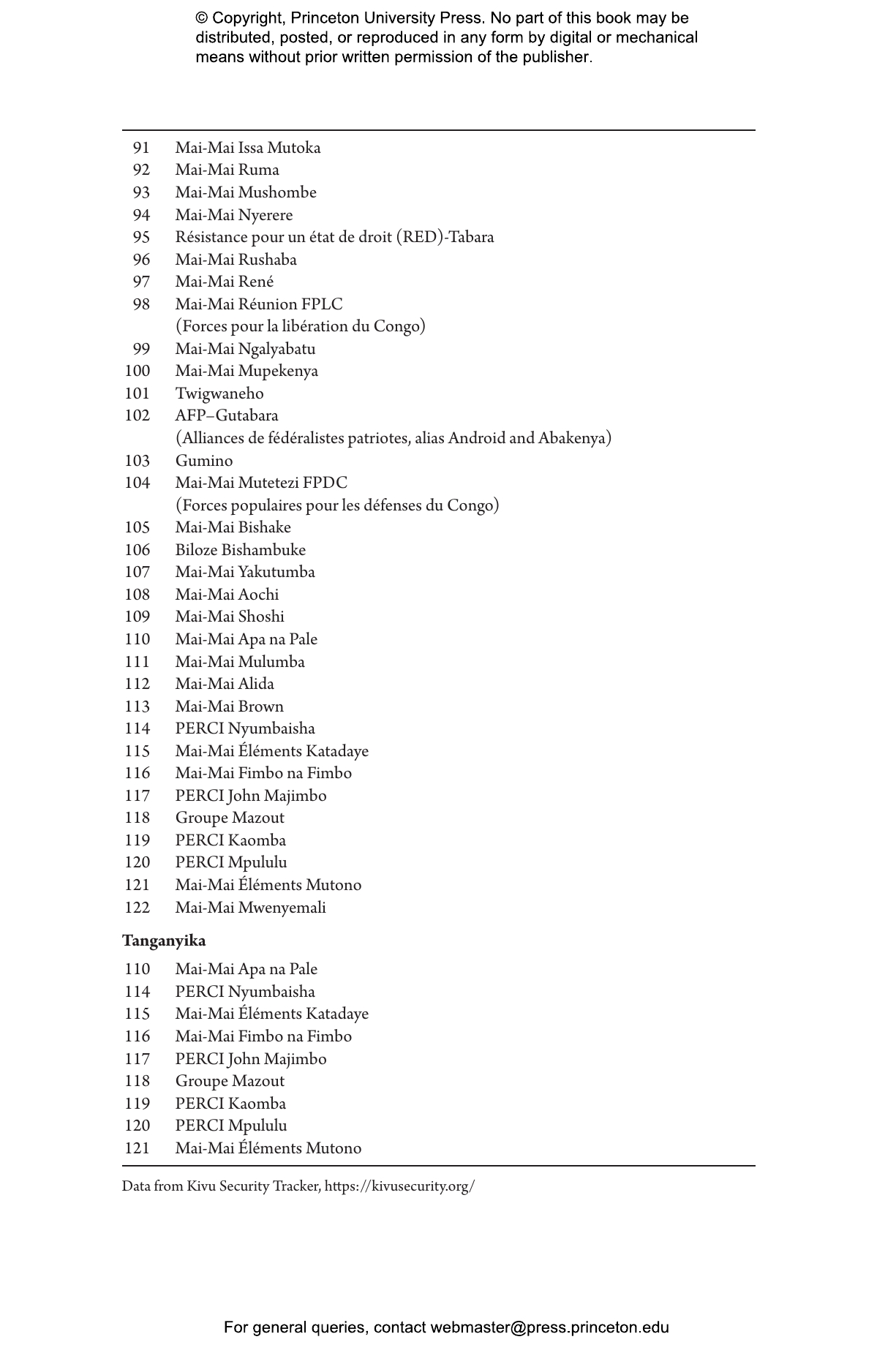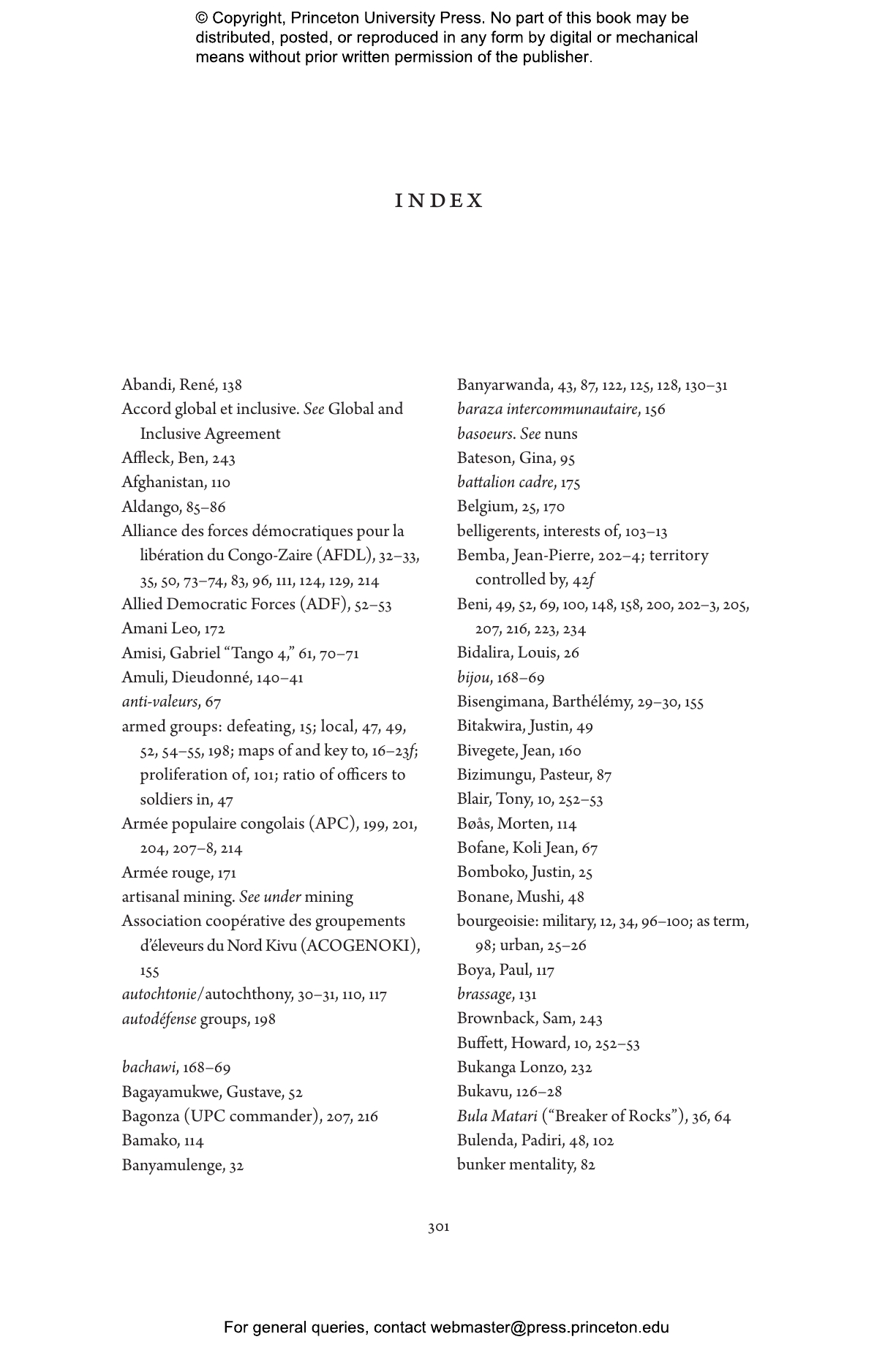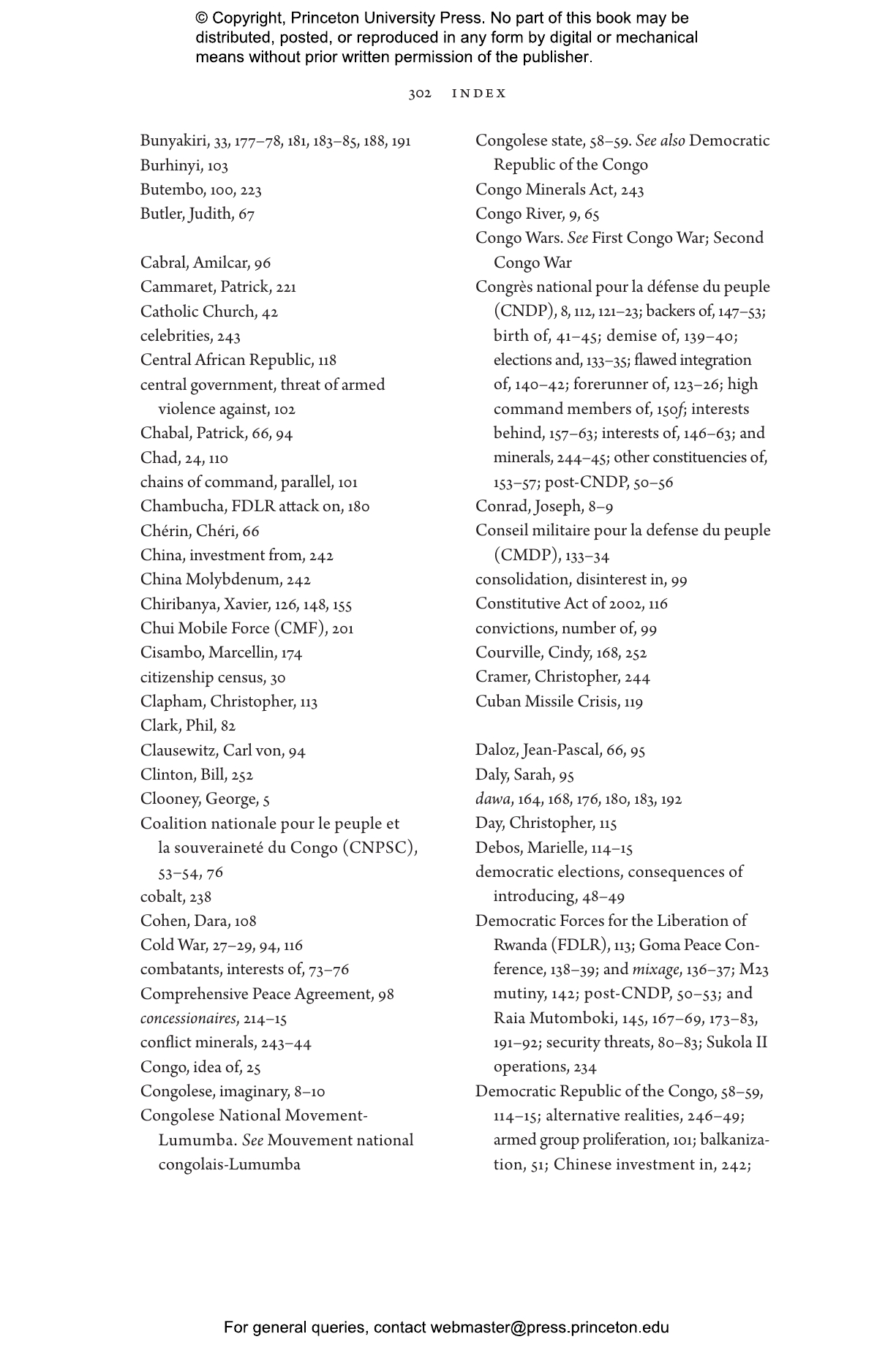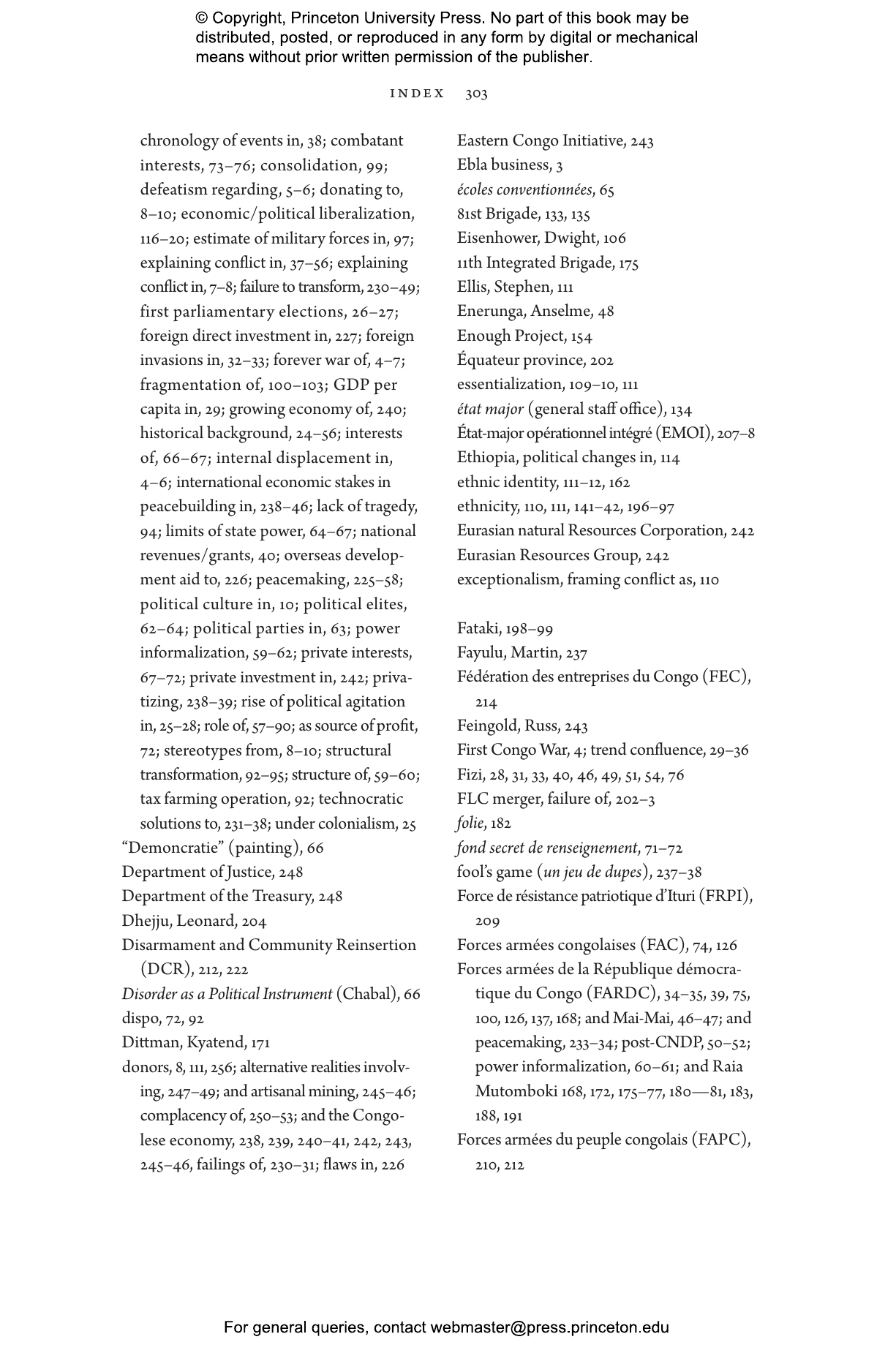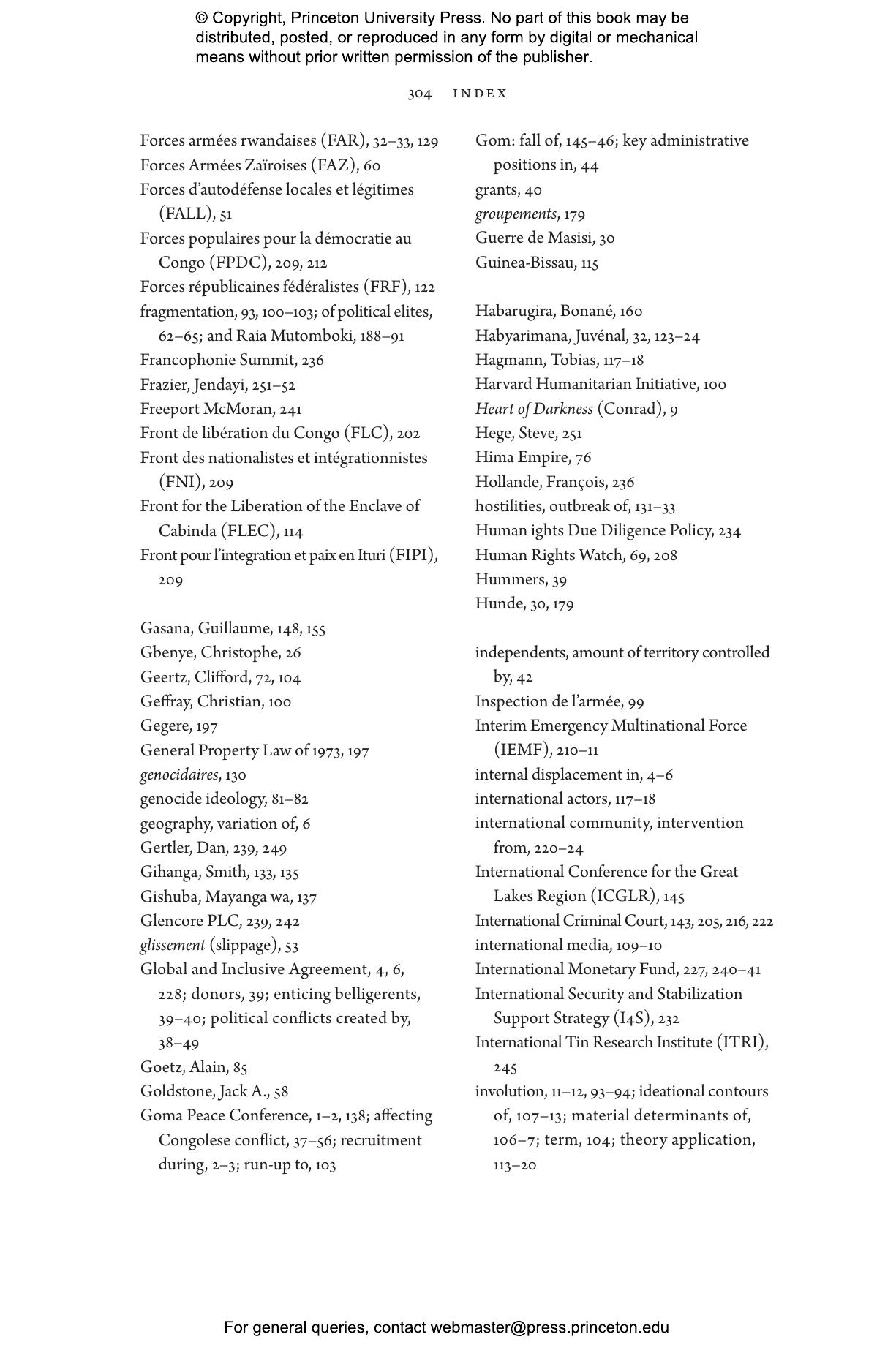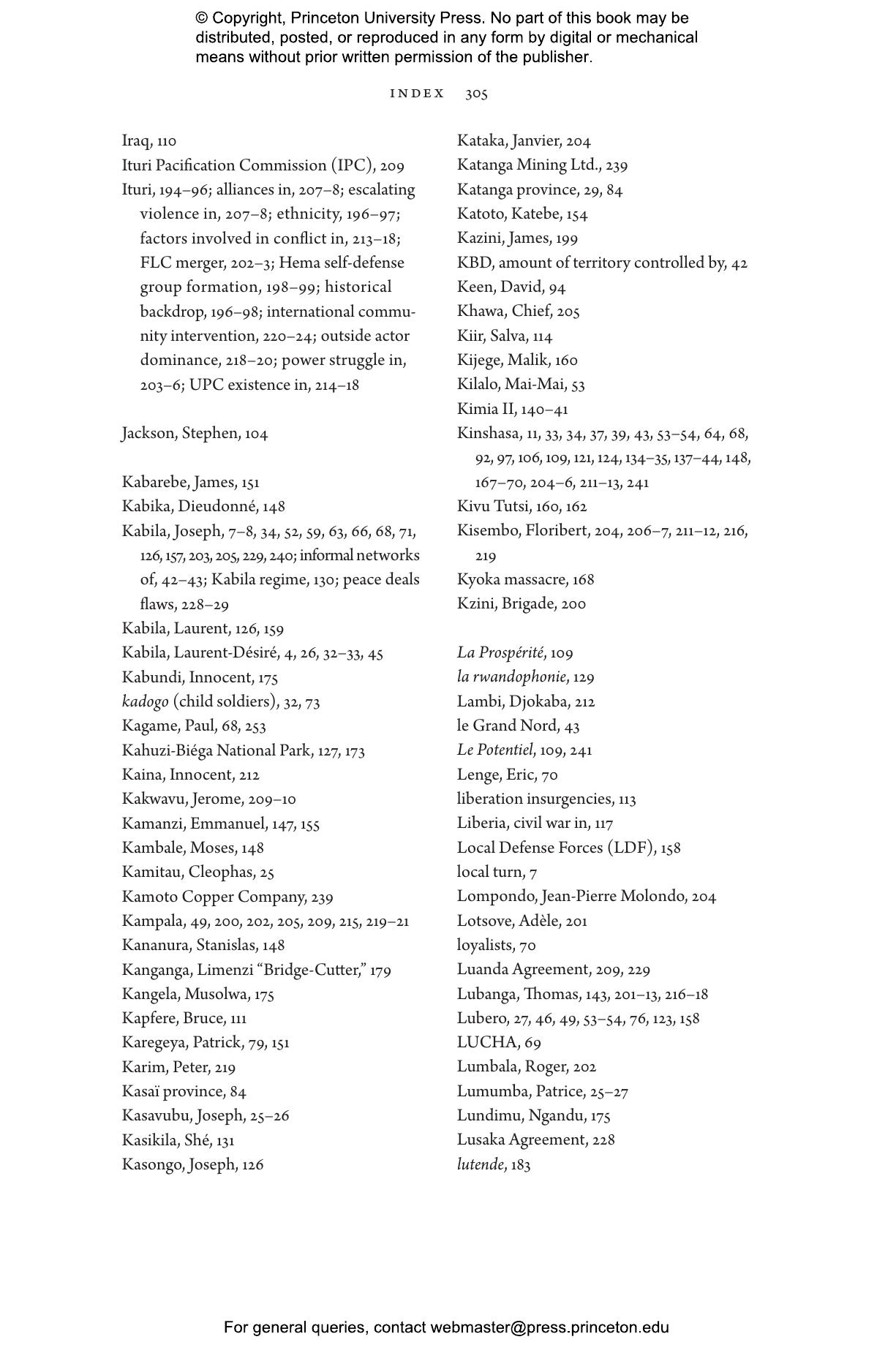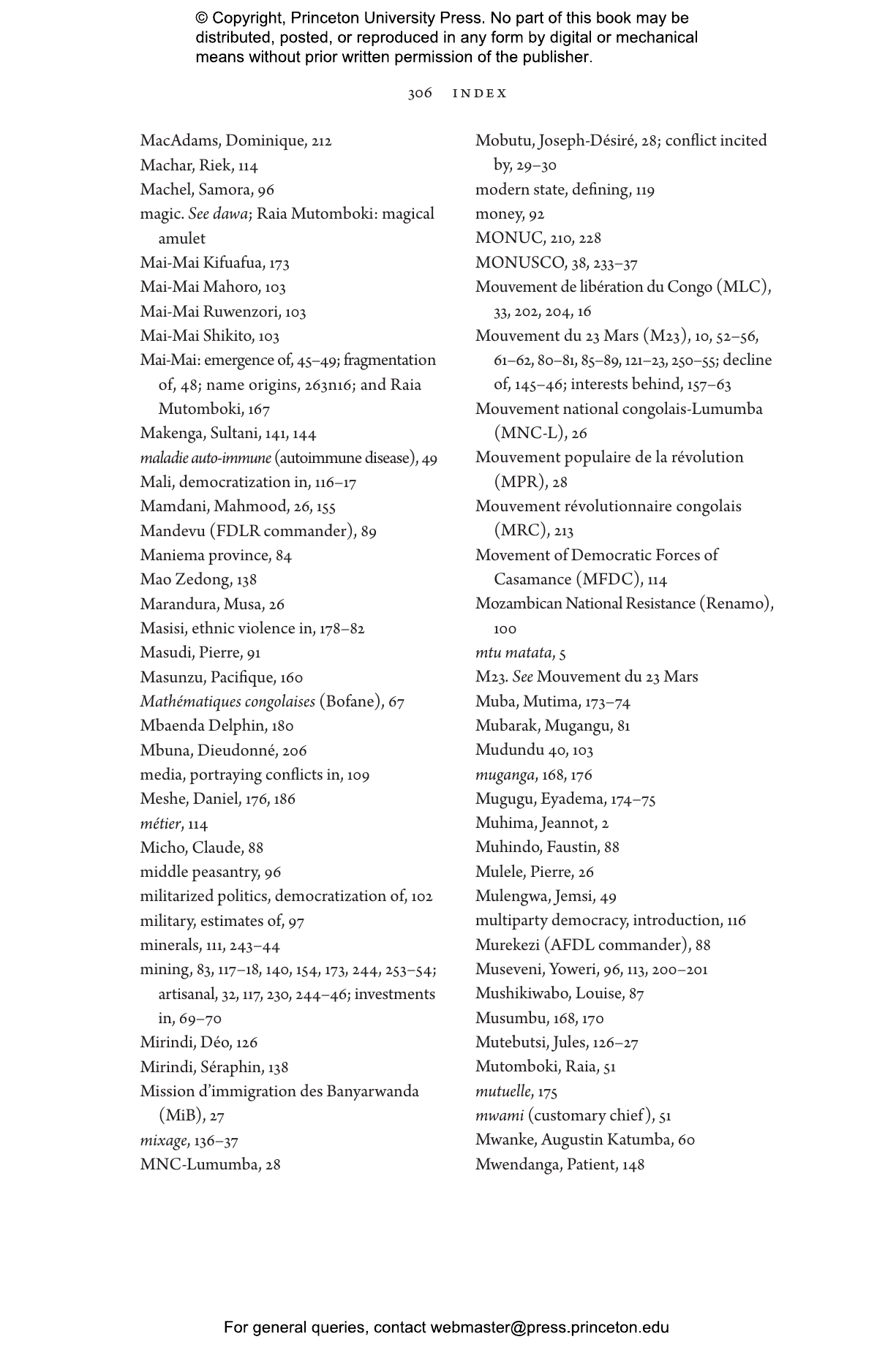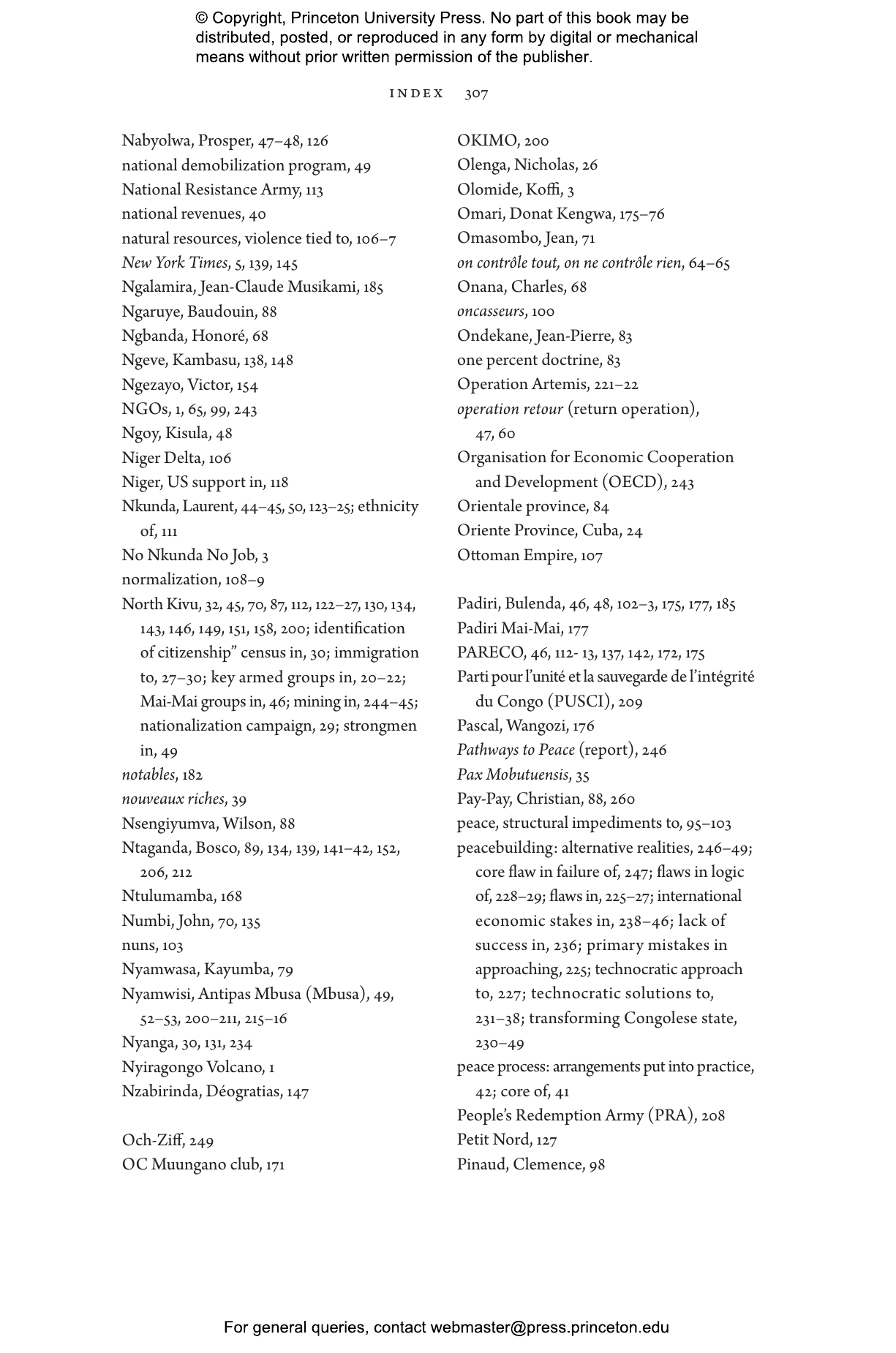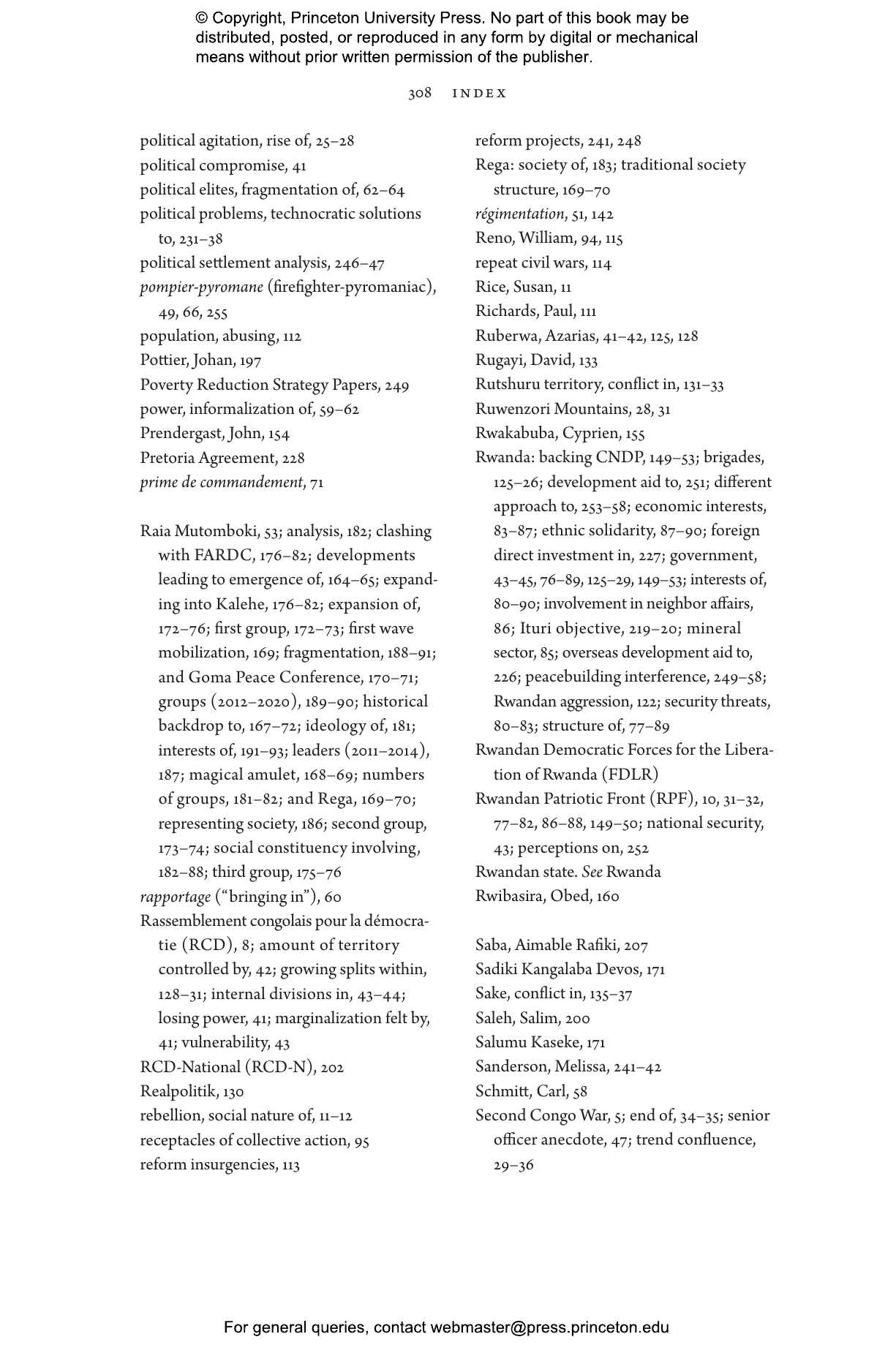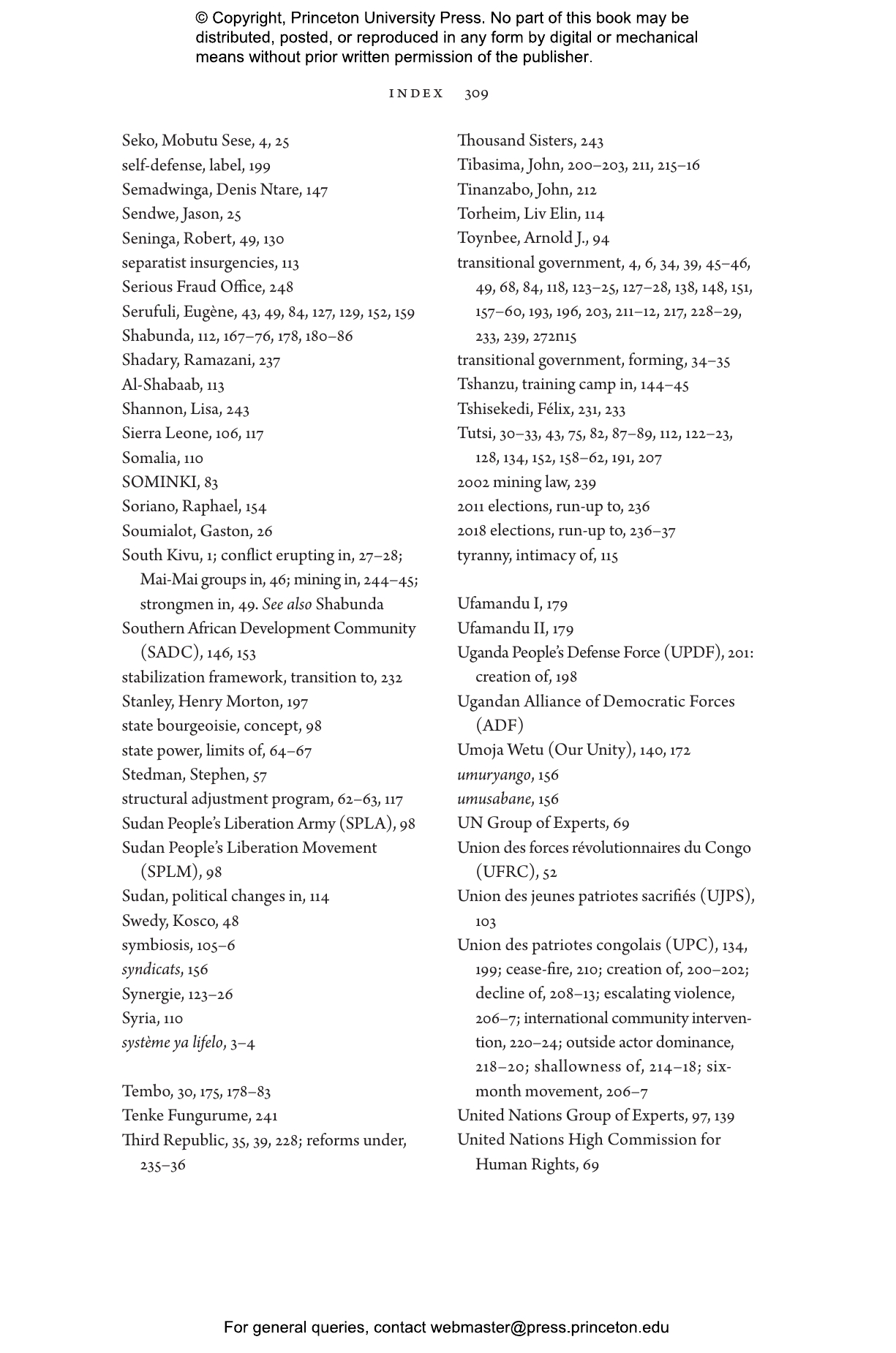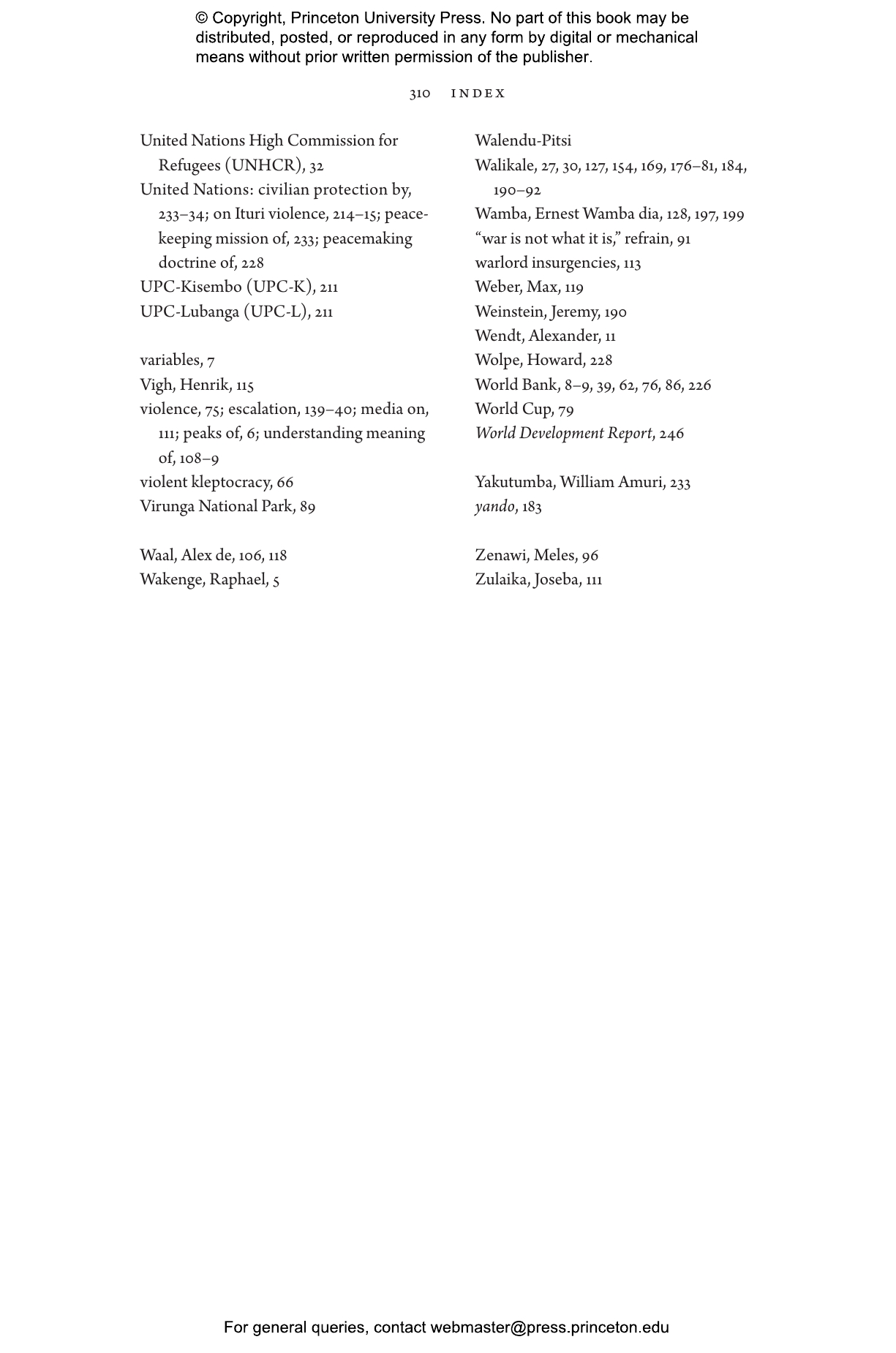Well into its third decade, the military conflict in the Democratic Republic of the Congo has been dubbed a “forever war”—a perpetual cycle of war, civil unrest, and local feuds over power and identity. Millions have died in one of the worst humanitarian calamities of our time. The War That Doesn’t Say Its Name investigates the most recent phase of this conflict, asking why the peace deal of 2003—accompanied by the largest United Nations peacekeeping mission in the world and tens of billions in international aid—has failed to stop the violence. Jason Stearns argues that the fighting has become an end in itself, carried forward in substantial part through the apathy and complicity of local and international actors.
Stearns shows that regardless of the suffering, there has emerged a narrow military bourgeoisie of commanders and politicians for whom the conflict is a source of survival, dignity, and profit. Foreign donors provide food and urgent health care for millions, preventing the Congolese state from collapsing, but this involvement has not yielded transformational change. Stearns gives a detailed historical account of this period, focusing on the main players—Congolese and Rwandan states and the main armed groups. He extrapolates from these dynamics to other conflicts across Africa and presents a theory of conflict that highlights the interests of the belligerents and the social structures from which they arise.
Exploring how violence in the Congo has become preoccupied with its own reproduction, The War That Doesn’t Say Its Name sheds light on why certain military feuds persist without resolution.
Awards and Recognition
- Shortlisted for the Conflict Research Society Book Award
Jason K. Stearns is an assistant professor in the School for International Studies at Simon Fraser University and the founder and director of the Congo Research Group at New York University. He is the author of Dancing in the Glory of Monsters. He lives in Vancouver, Canada. Twitter @jasonkstearns
"[Stearns] makes a convincing case that the violence has been sustained by a ‘military bourgeoisie’ that benefits from instability by plundering natural resources and foreign aid."—Nicolas van de Walle, Foreign Affairs
"There should be more conceptual books on this topic, and this is one of them. Haven’t you wondered why this war drags on for decades, without resolution? Start your quest for an answer here."—Tyler Cowen, Marginal Revolution
“With great clarity and insight, Jason Stearns explains how, despite its best intentions, the post–Cold War liberal model of peacemaking sometimes contributes to the persistence of unrest and violence. A fascinating and eye-opening account of the Congolese conflict—and what it signals for the future of conflict in general.”—Stathis Kalyvas, author of The Logic of Violence in Civil War
“A tour de force on the Congo’s forever war by one of the world’s leading experts on violence. This book is dripping with intimate details and bold arguments that reflect Jason Stearns’s extensive engagement with the Congo. Stearns upends conventional wisdom while offering a nuanced and detailed take on a struggle that can often appear indecipherable. Penetrating, perceptive, and deeply personal, this book is a model for engaged and compassionate research on one of the world’s most intractable conflicts.”—Zachariah Mampilly, author of Rebel Rulers: Insurgent Governance and Civilian Life during War
“This masterful book substantially advances the understanding of long-running conflicts like that in the eastern Congo as a social phenomenon and is one of the very few fieldwork-based investigations into the inner workings of the main armed groups in the Congo's conflict. Stearns provides unique insight into how these armed groups work, including a fascinating analysis of how they adapt to the context around them as they pursue interests in prolonging insecurity and uncertainty. This book will considerably advance the growing field of research on civil wars.”—Will Reno, author of Warfare in Independent Africa
"Jason Stearns has written a fascinating and detailed account of how and why the war in the Congo has endured. The War That Doesn't Say Its Name combines a deep study of the conflict with an important set of broader implications for successfully building peace."—Paul Staniland, author of Networks of Rebellion: Explaining Insurgent Cohesion and Collapse
